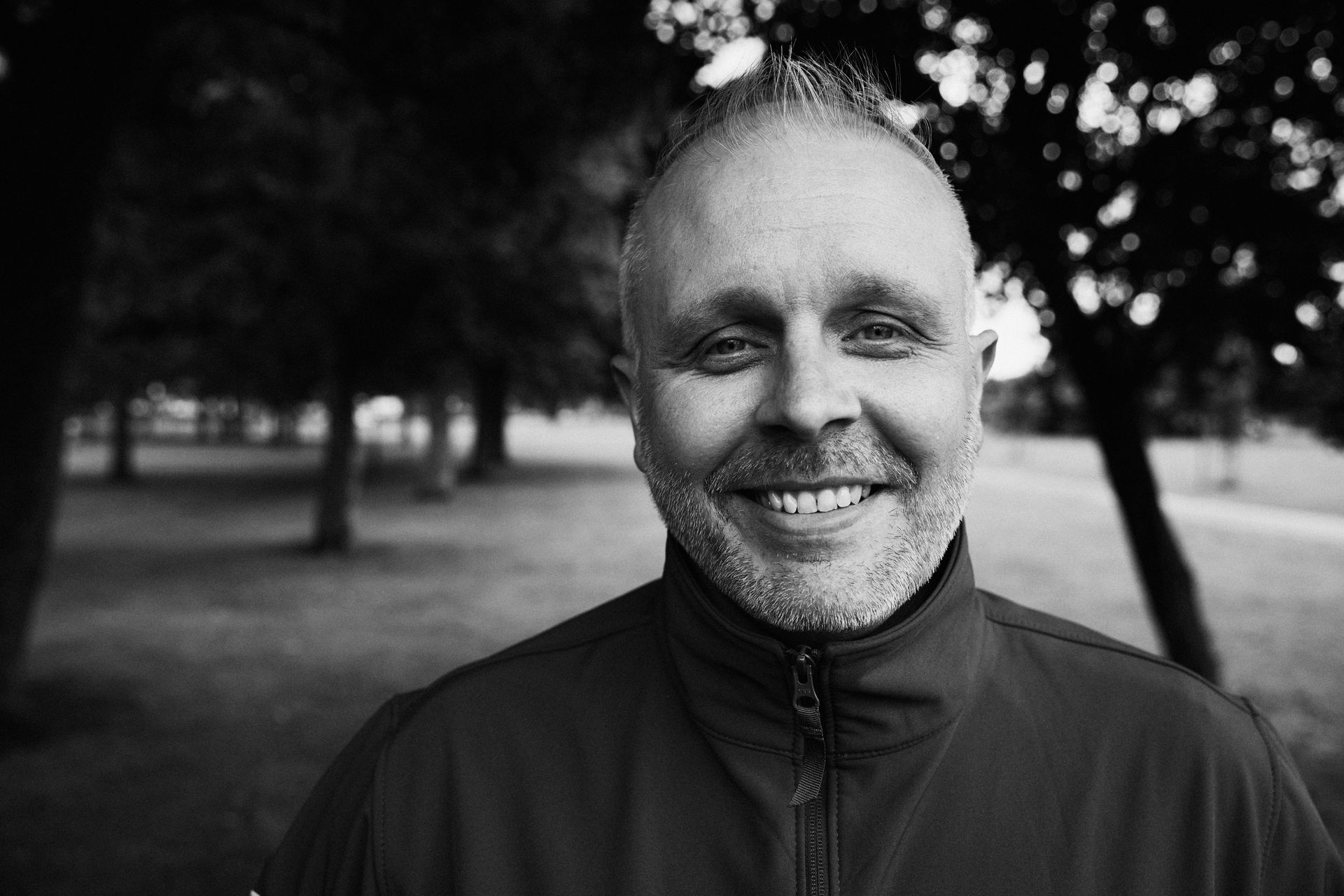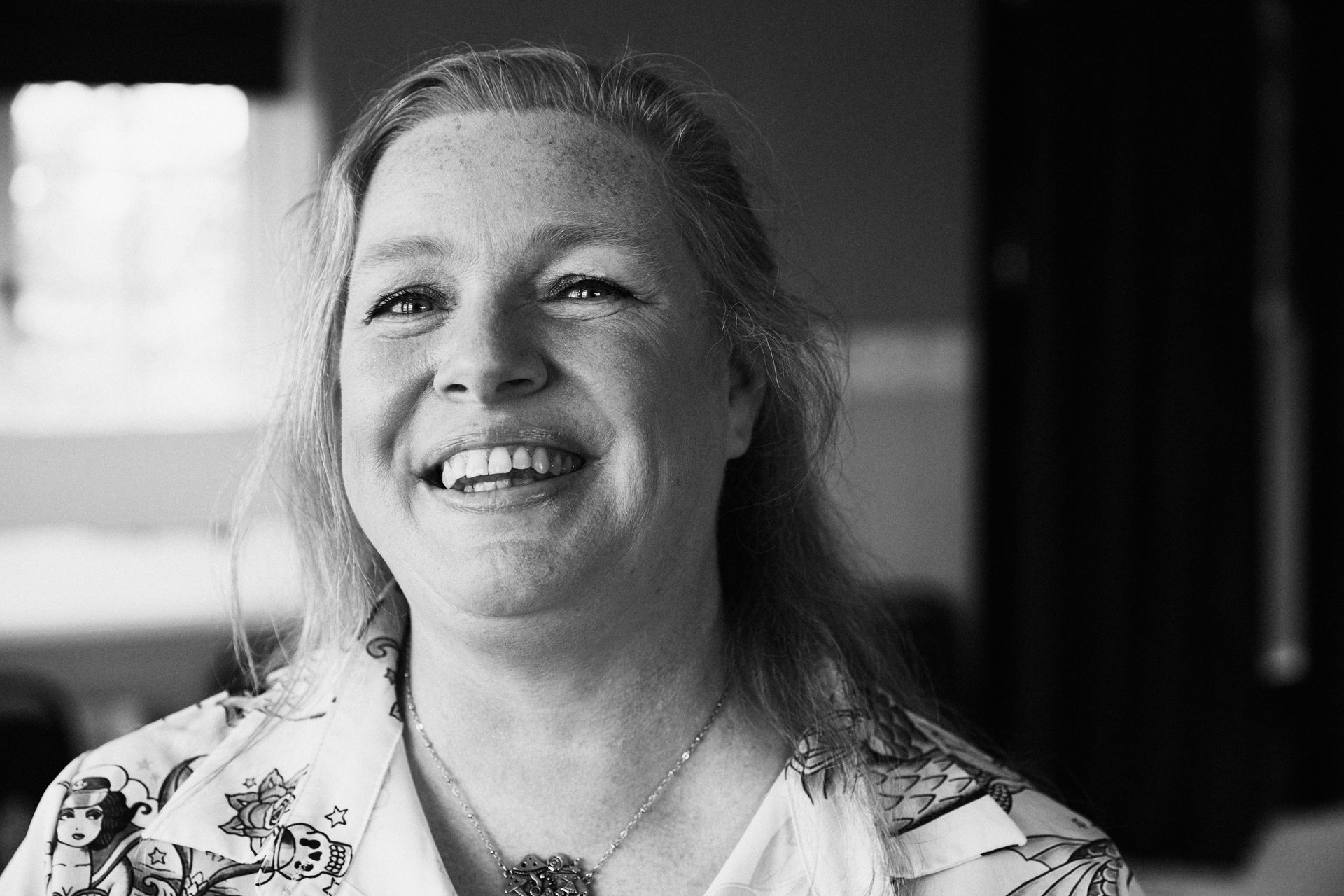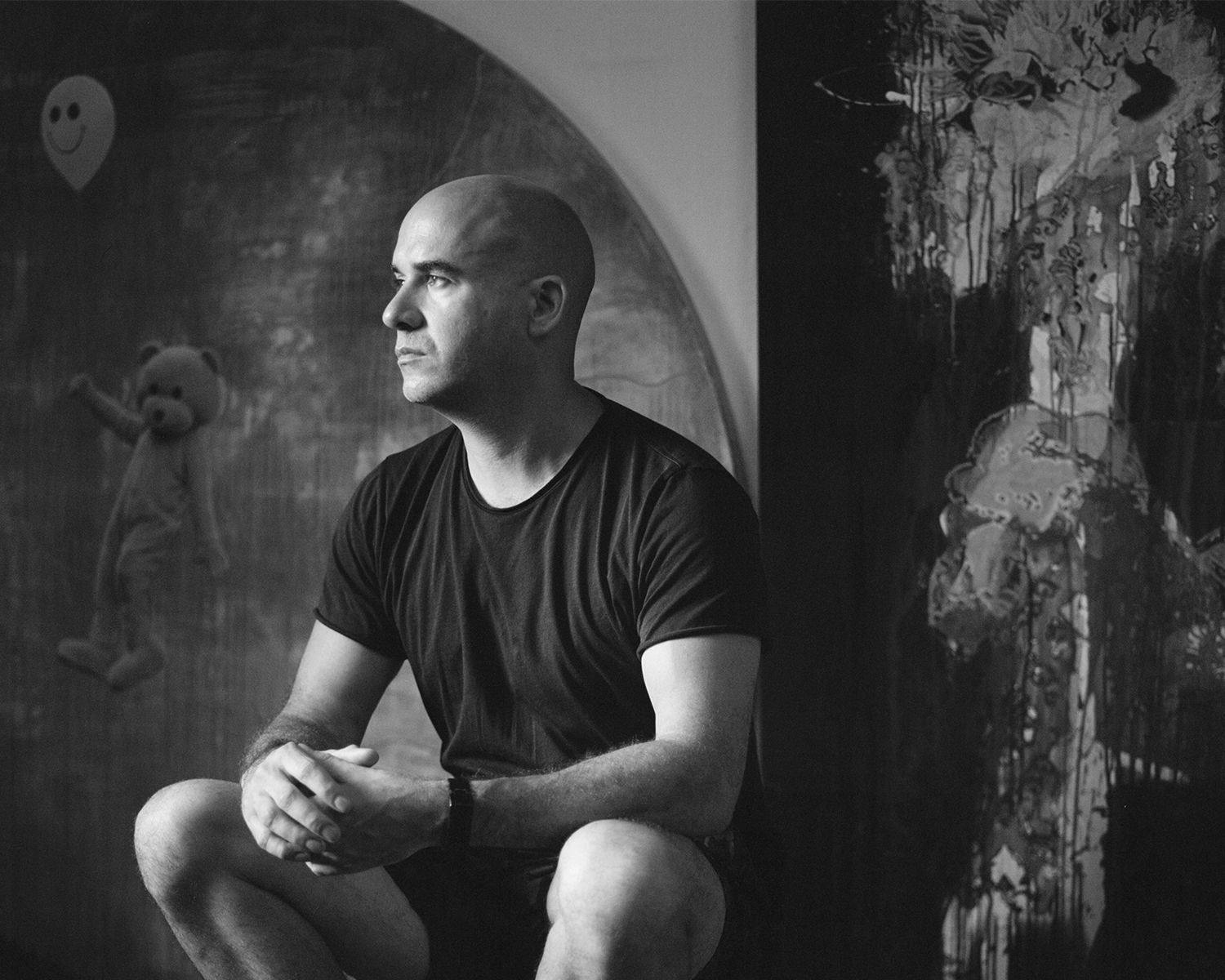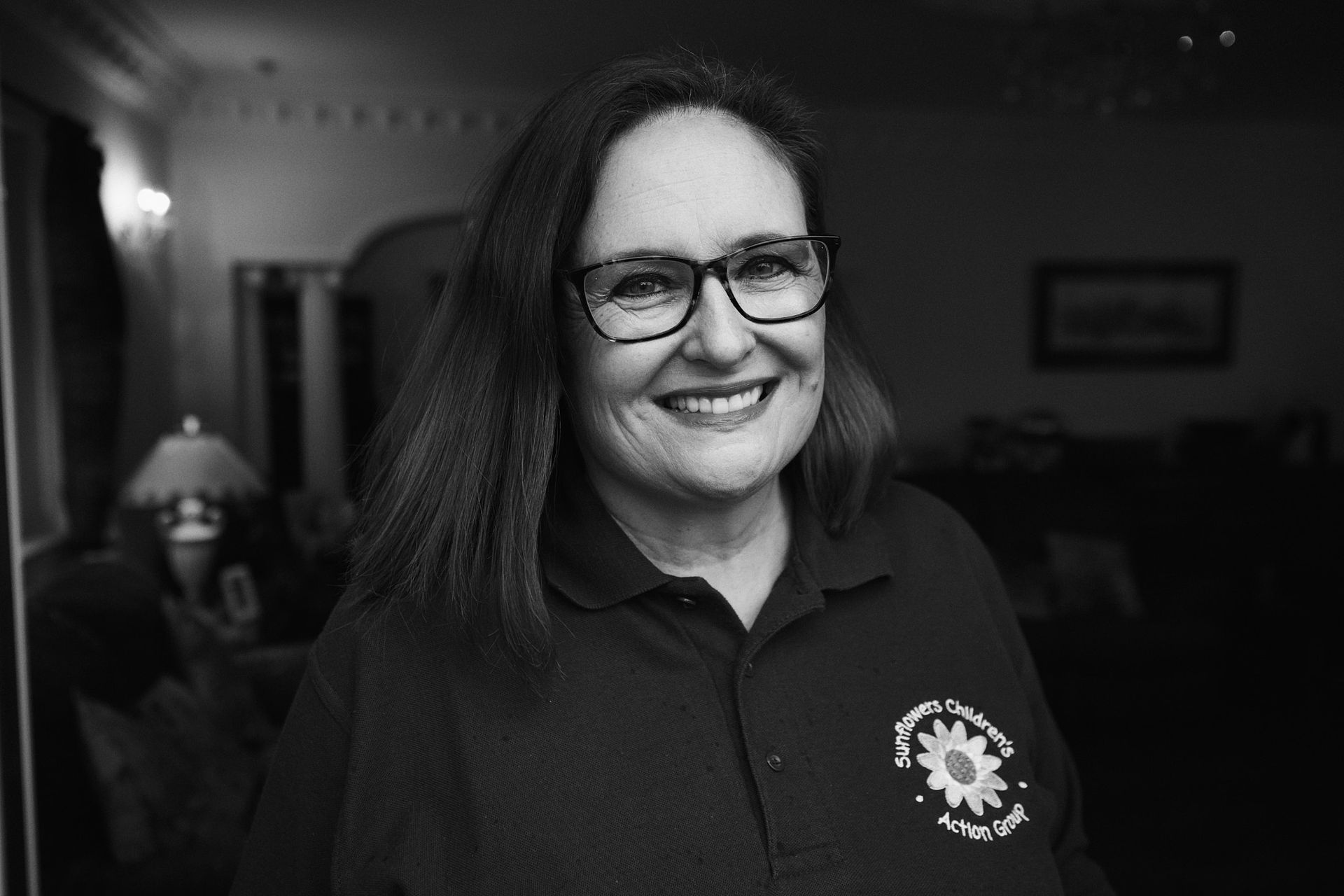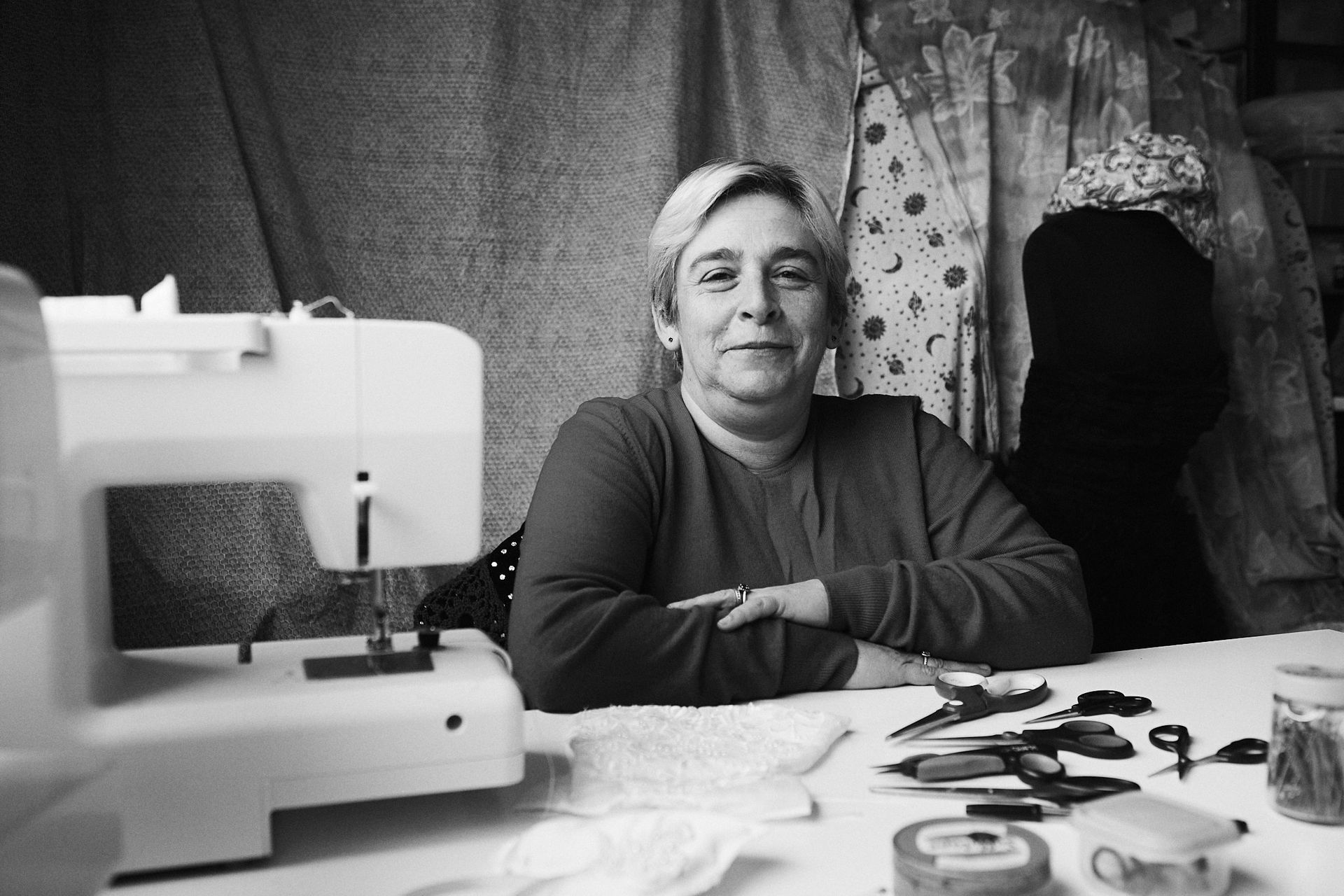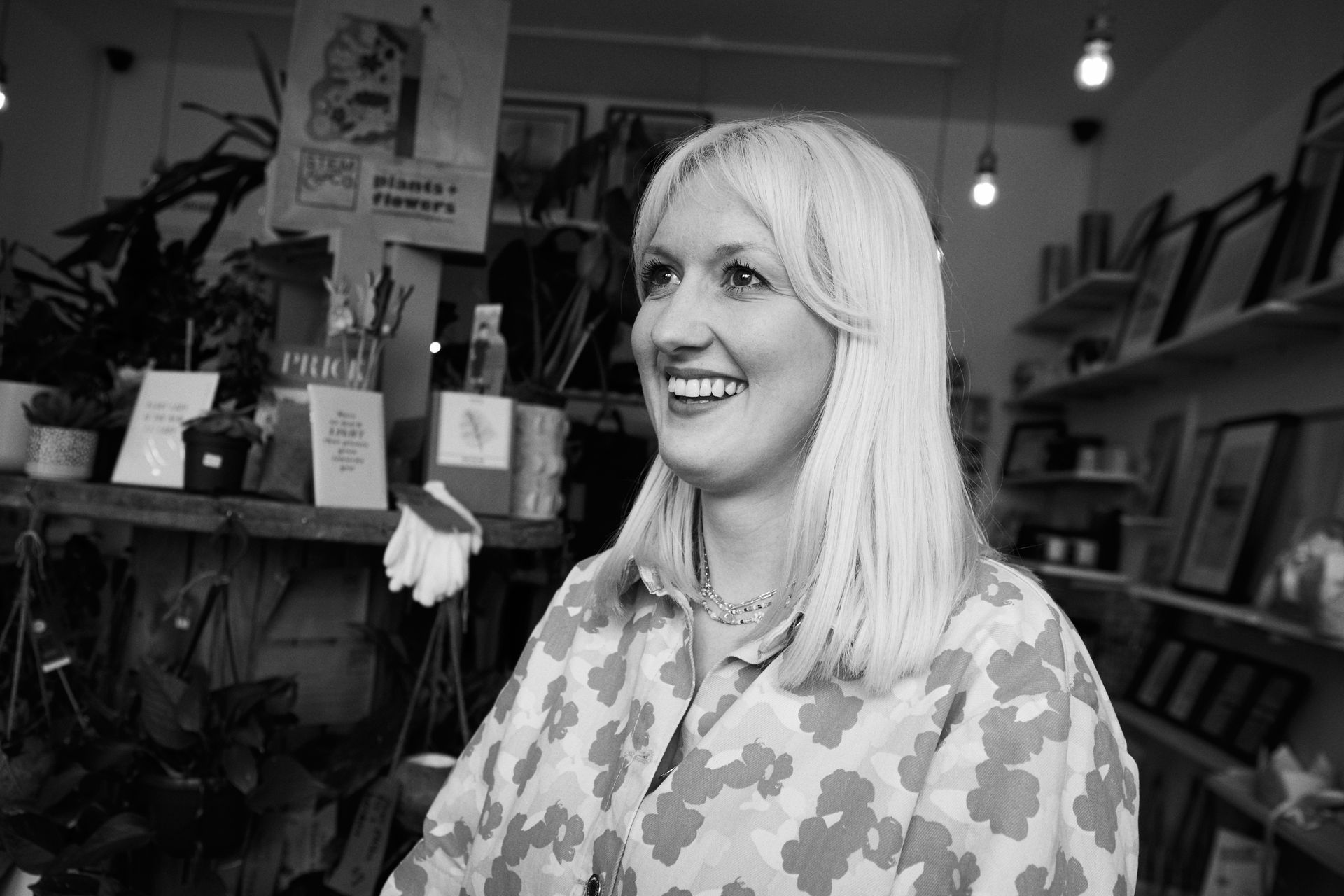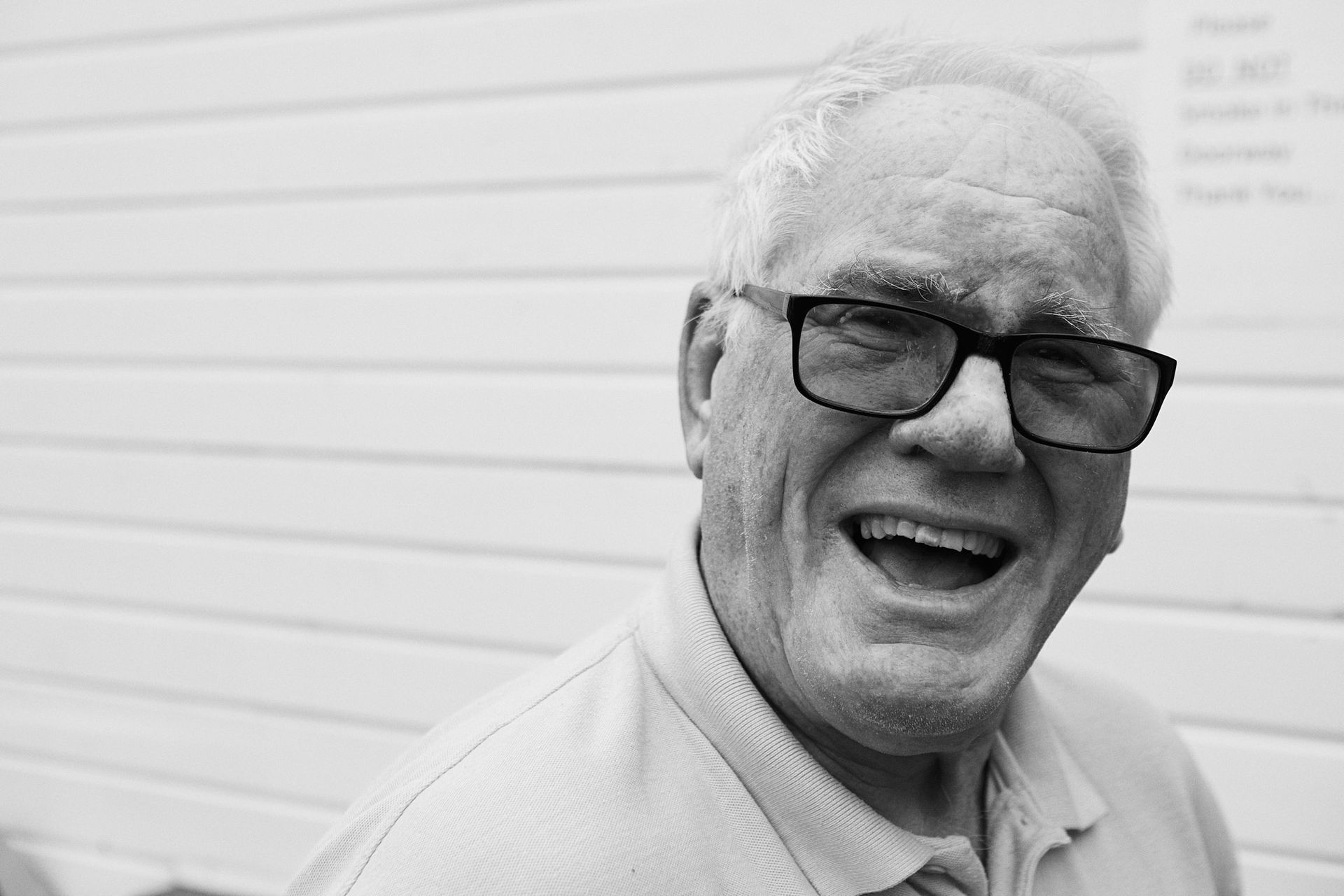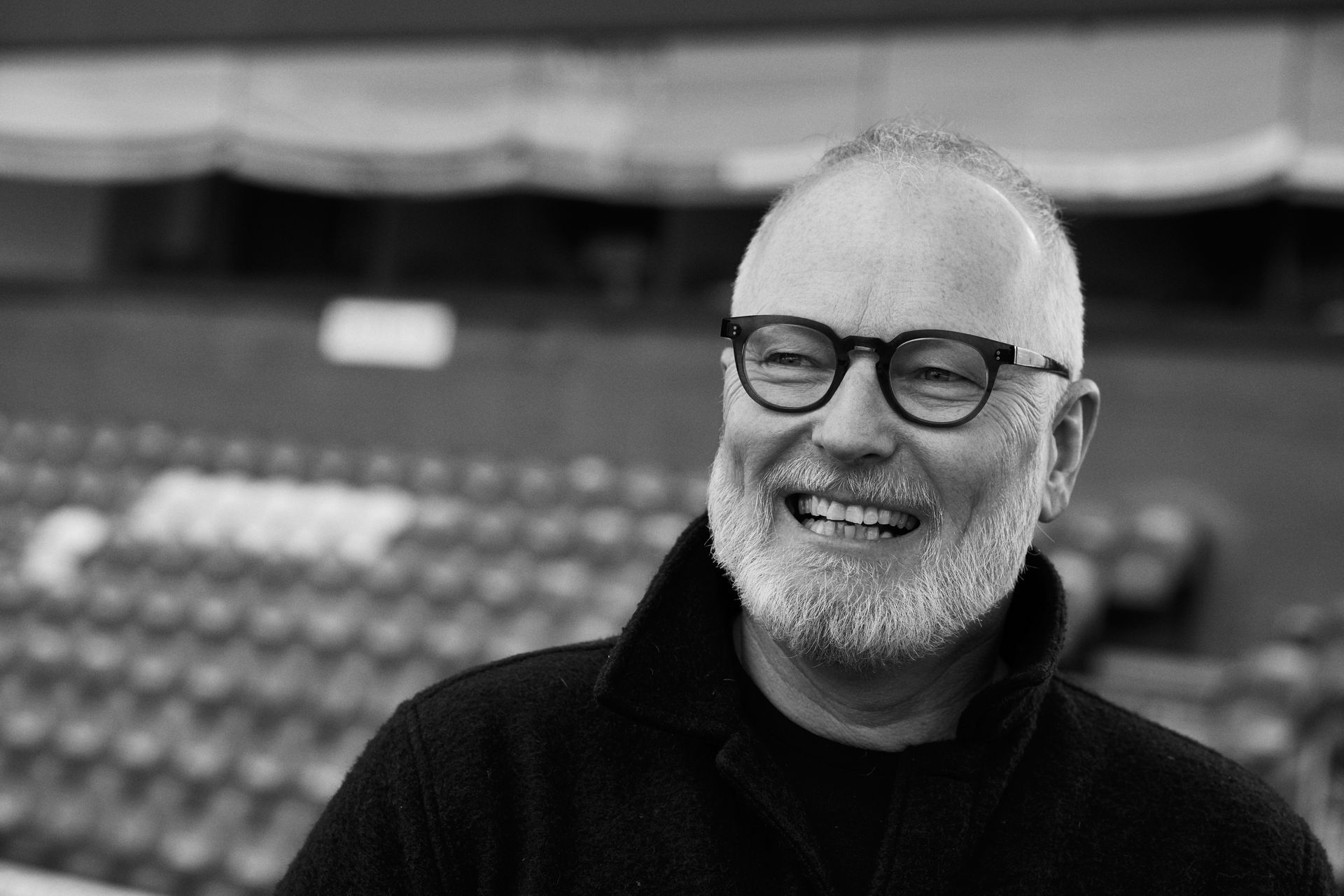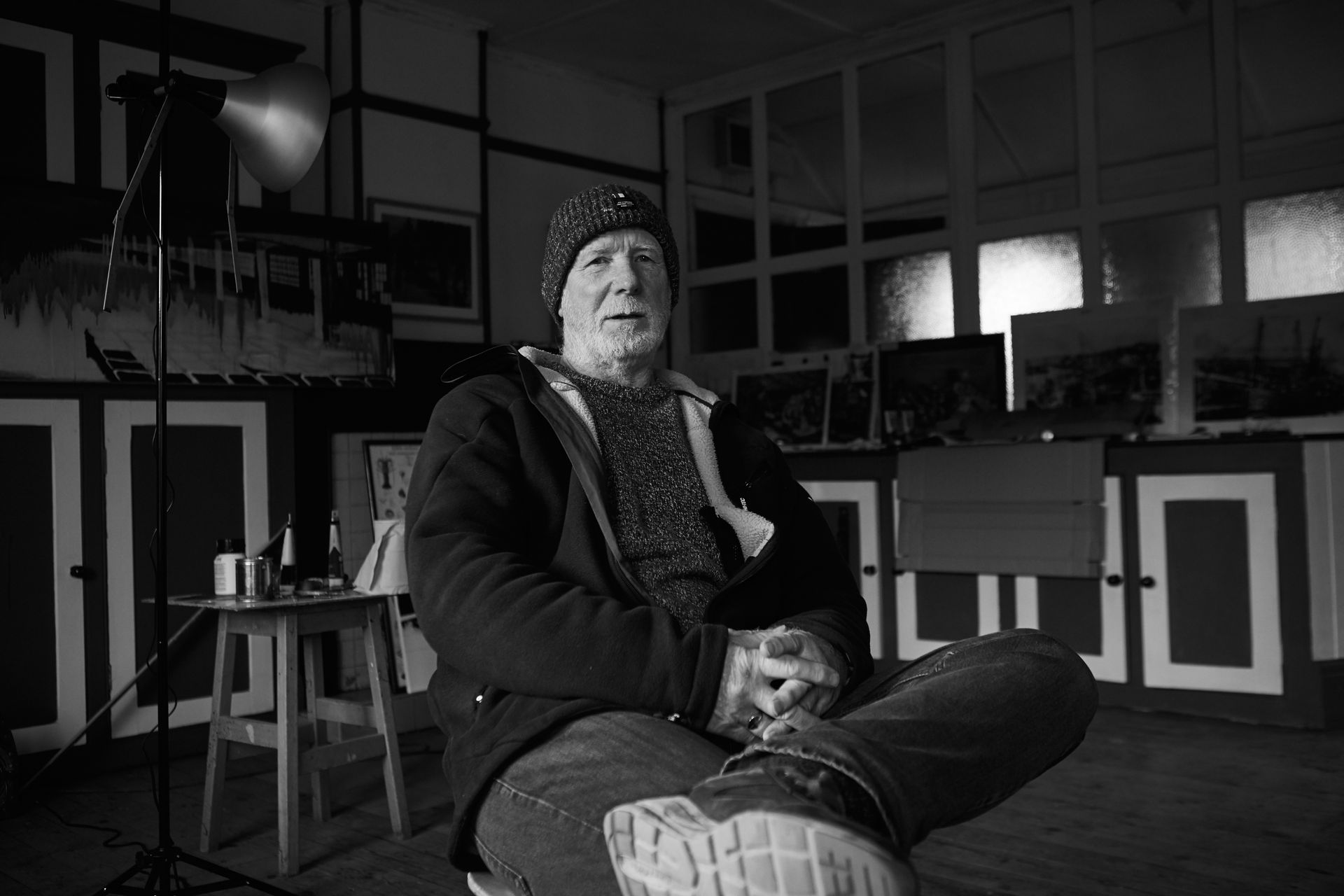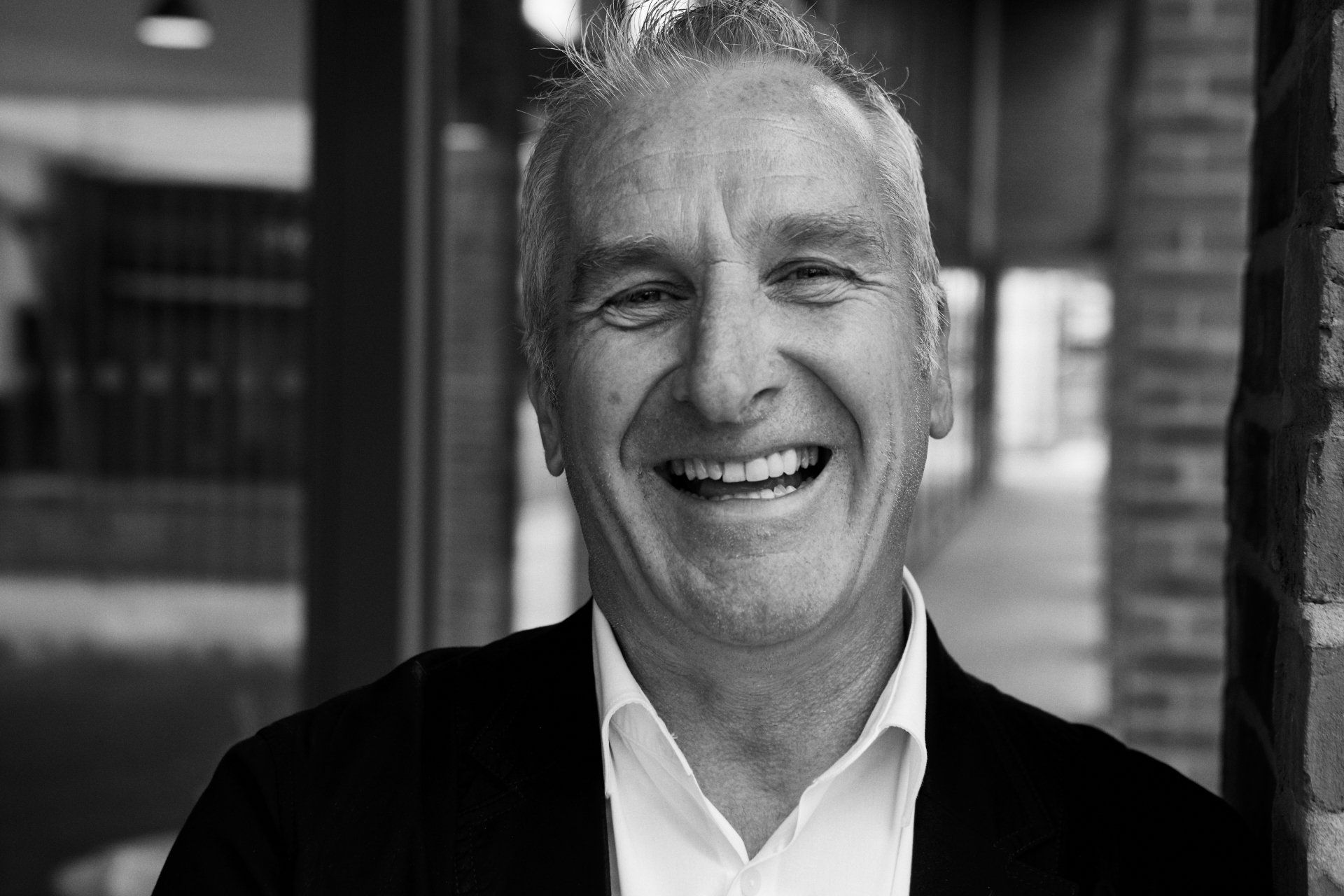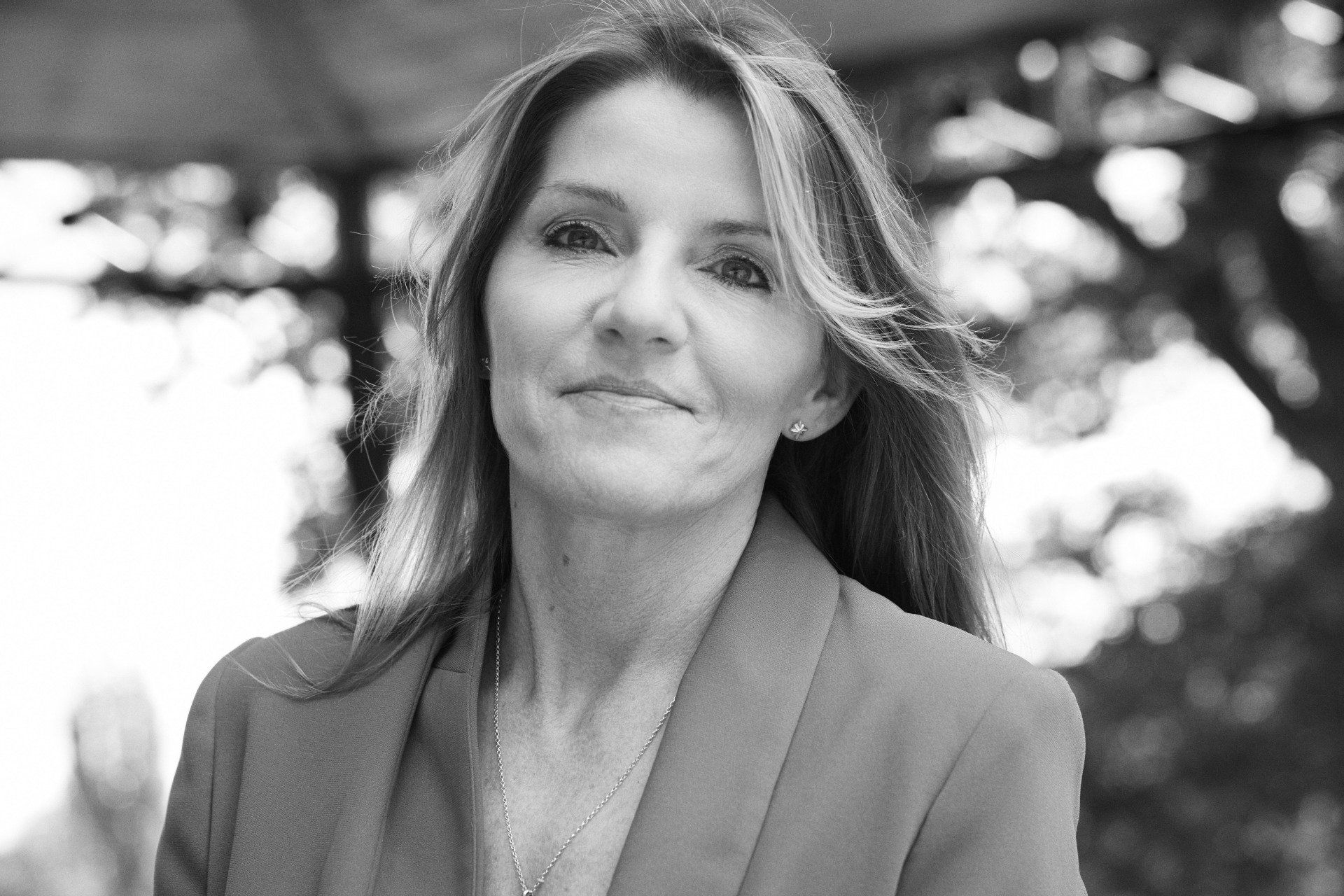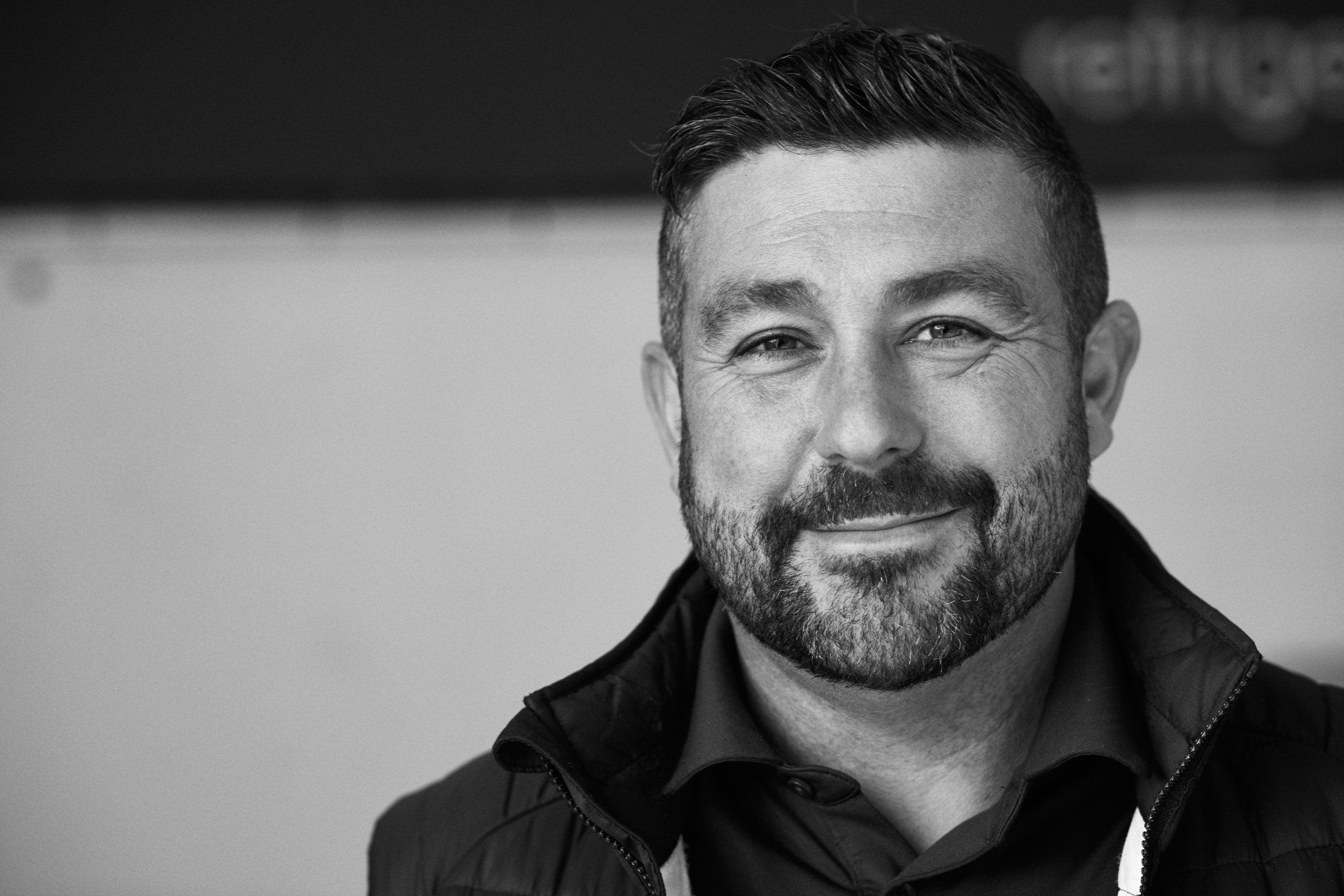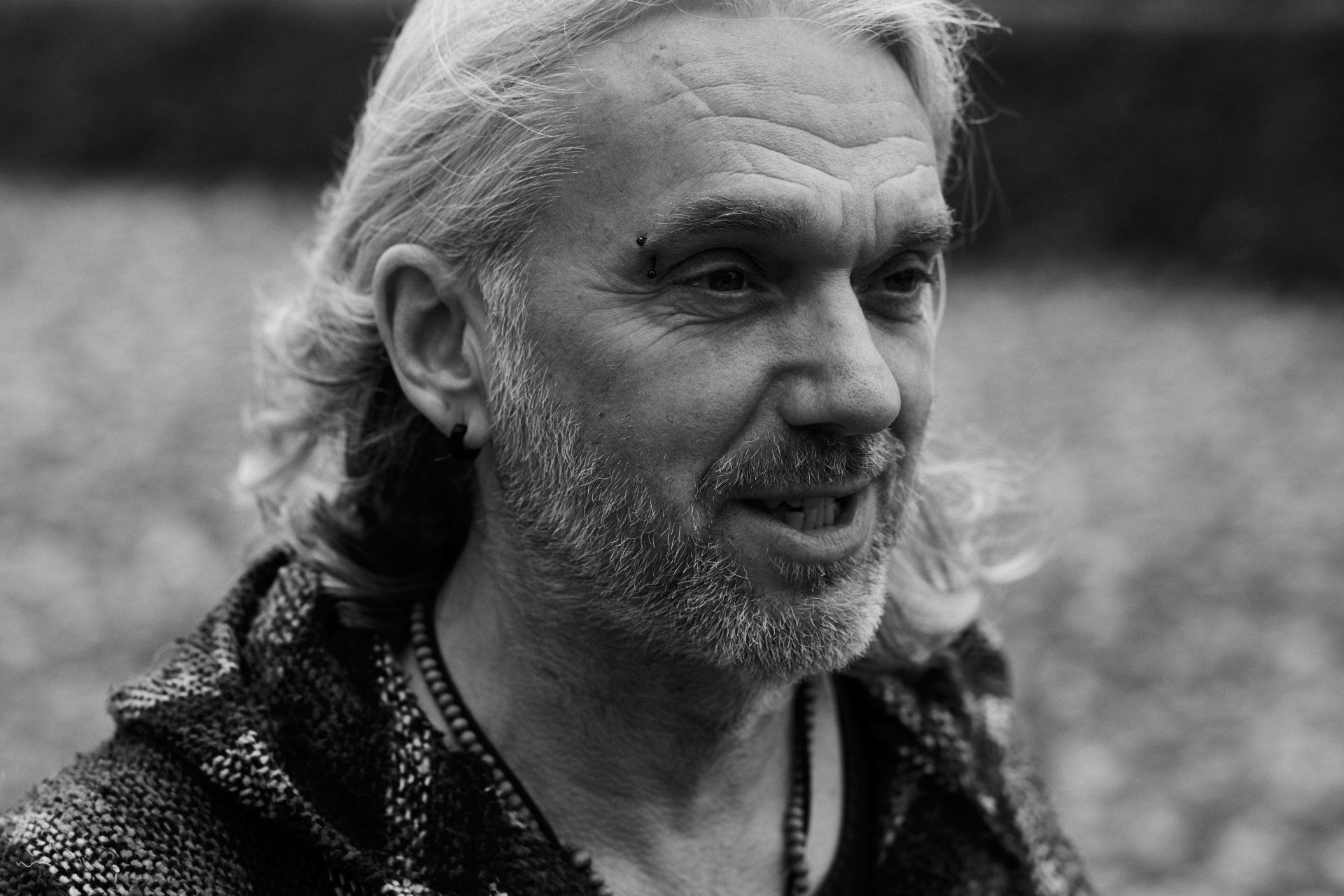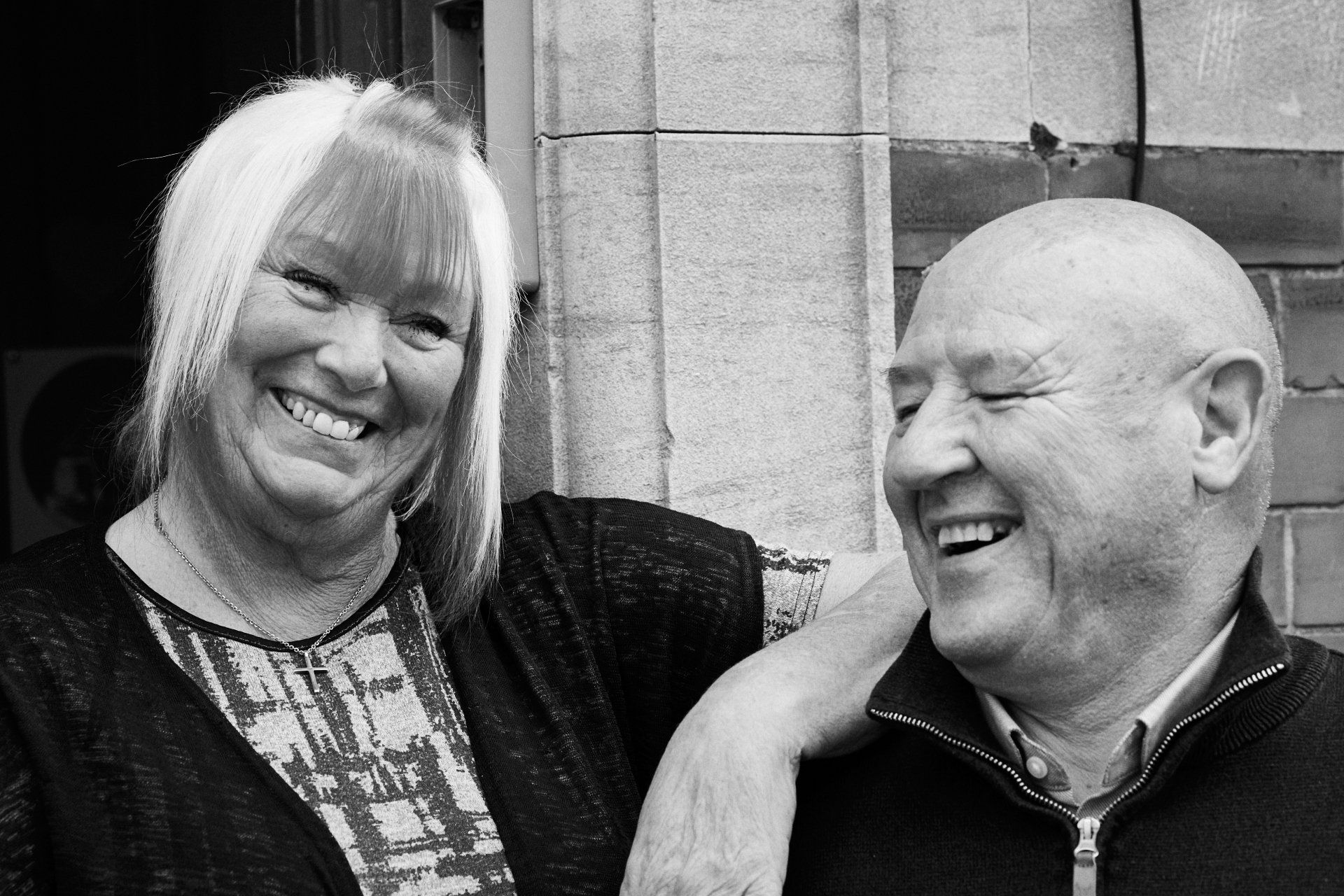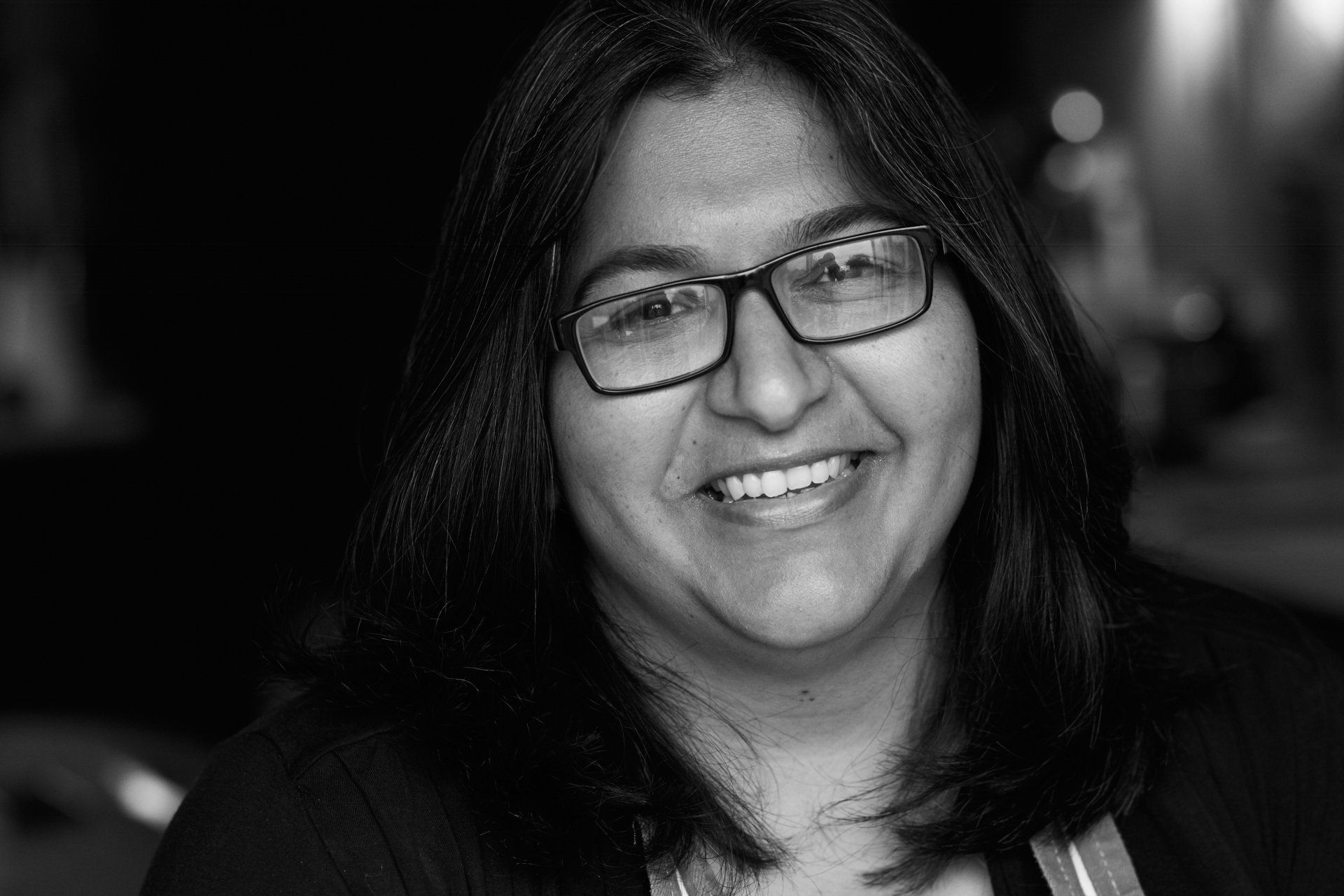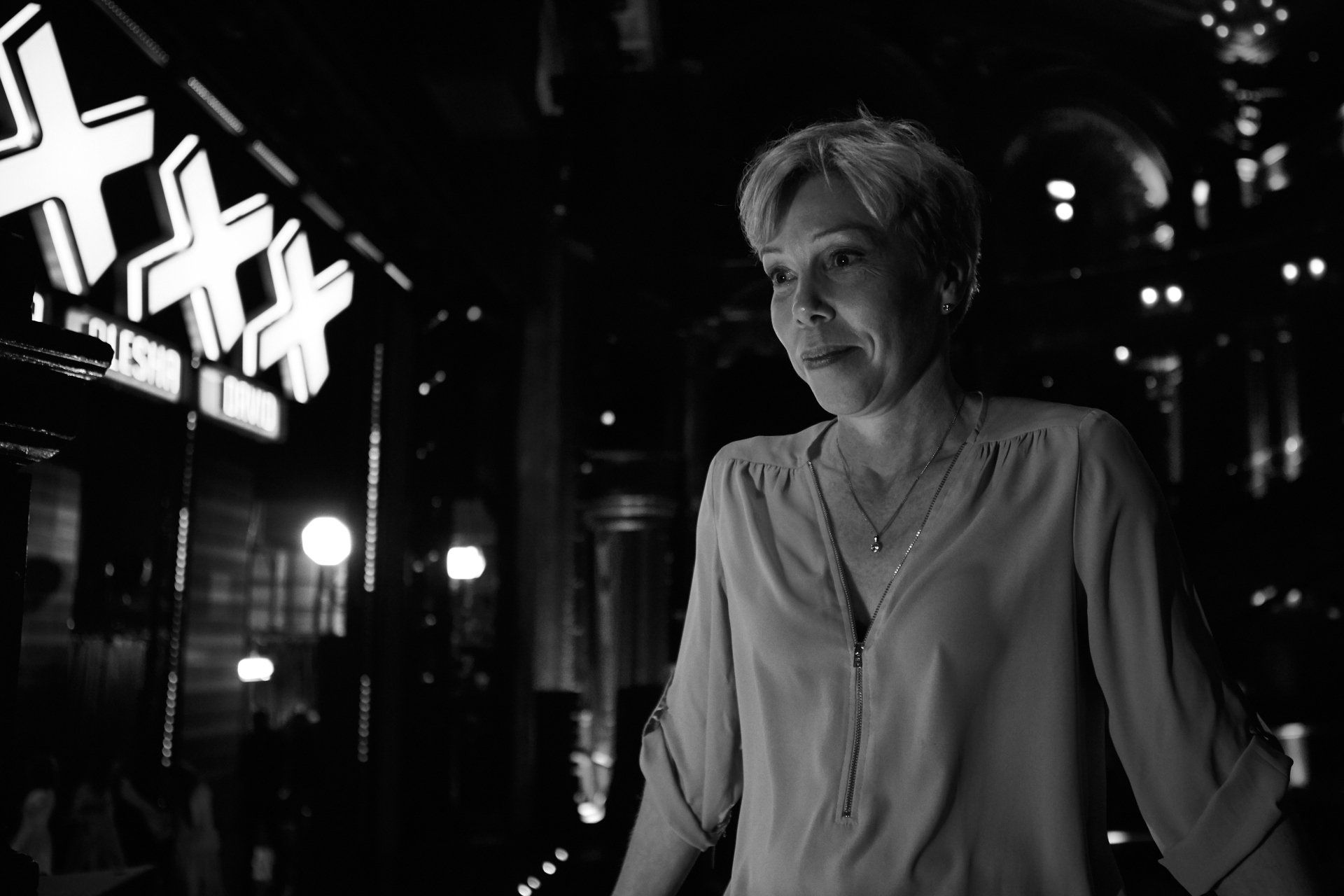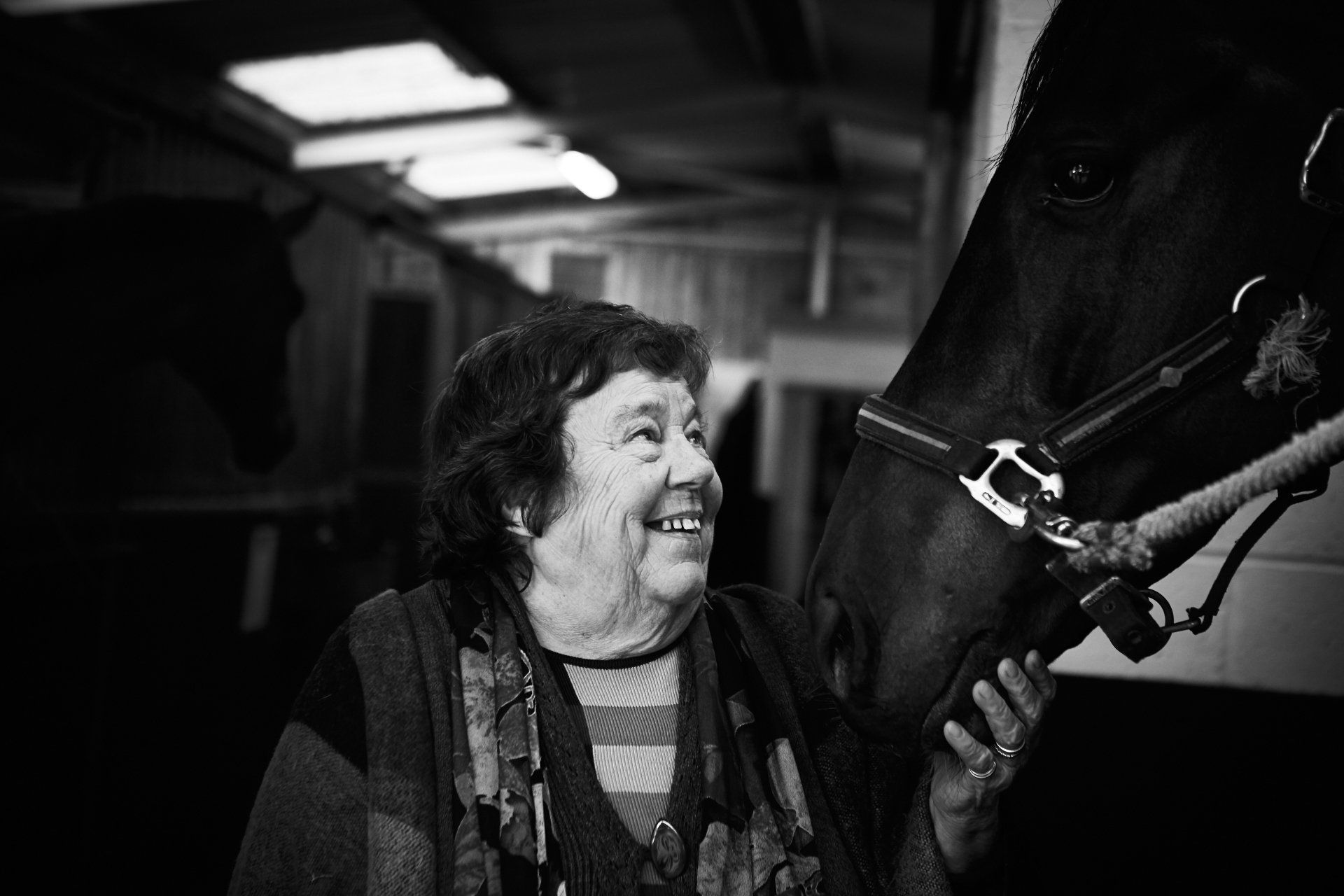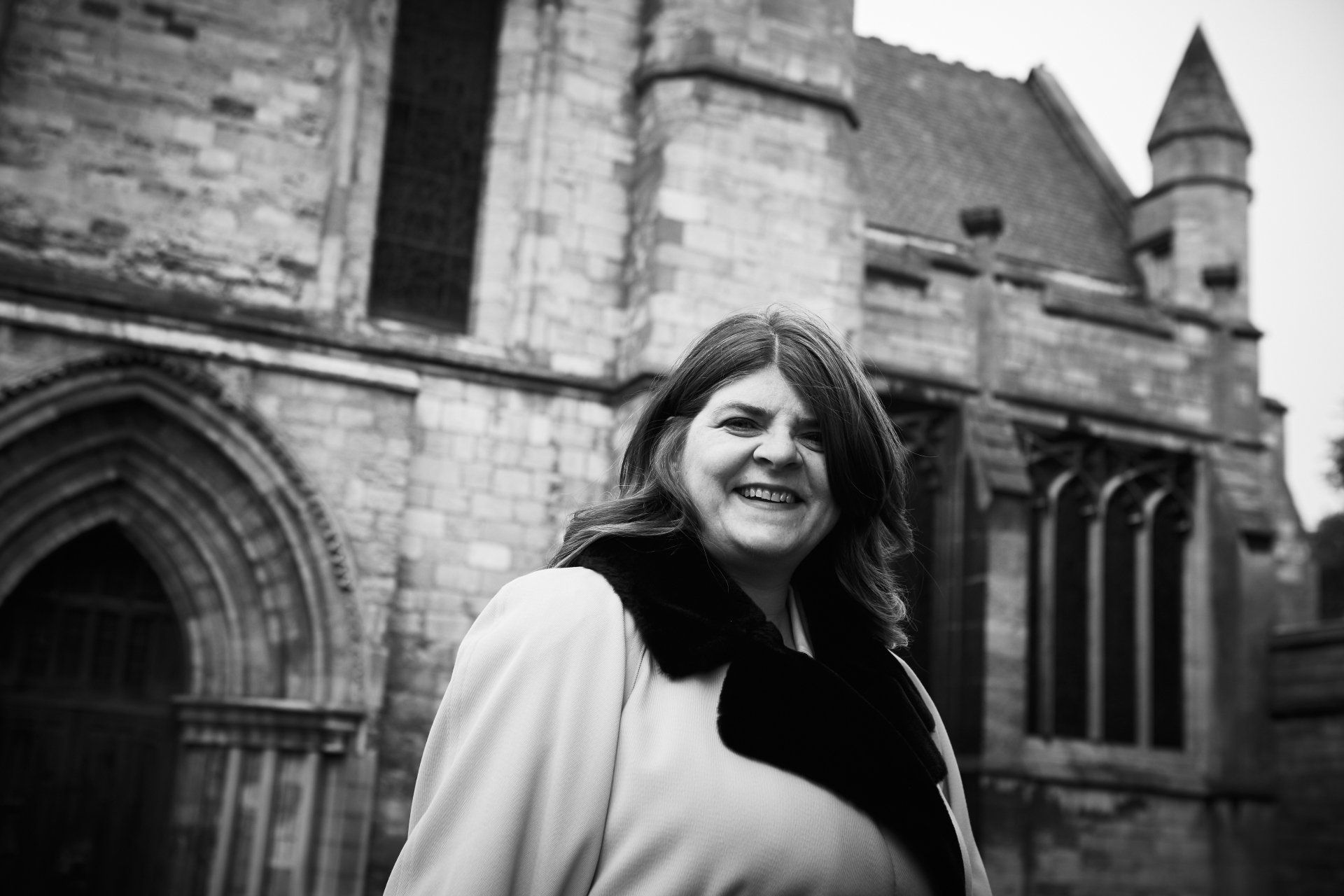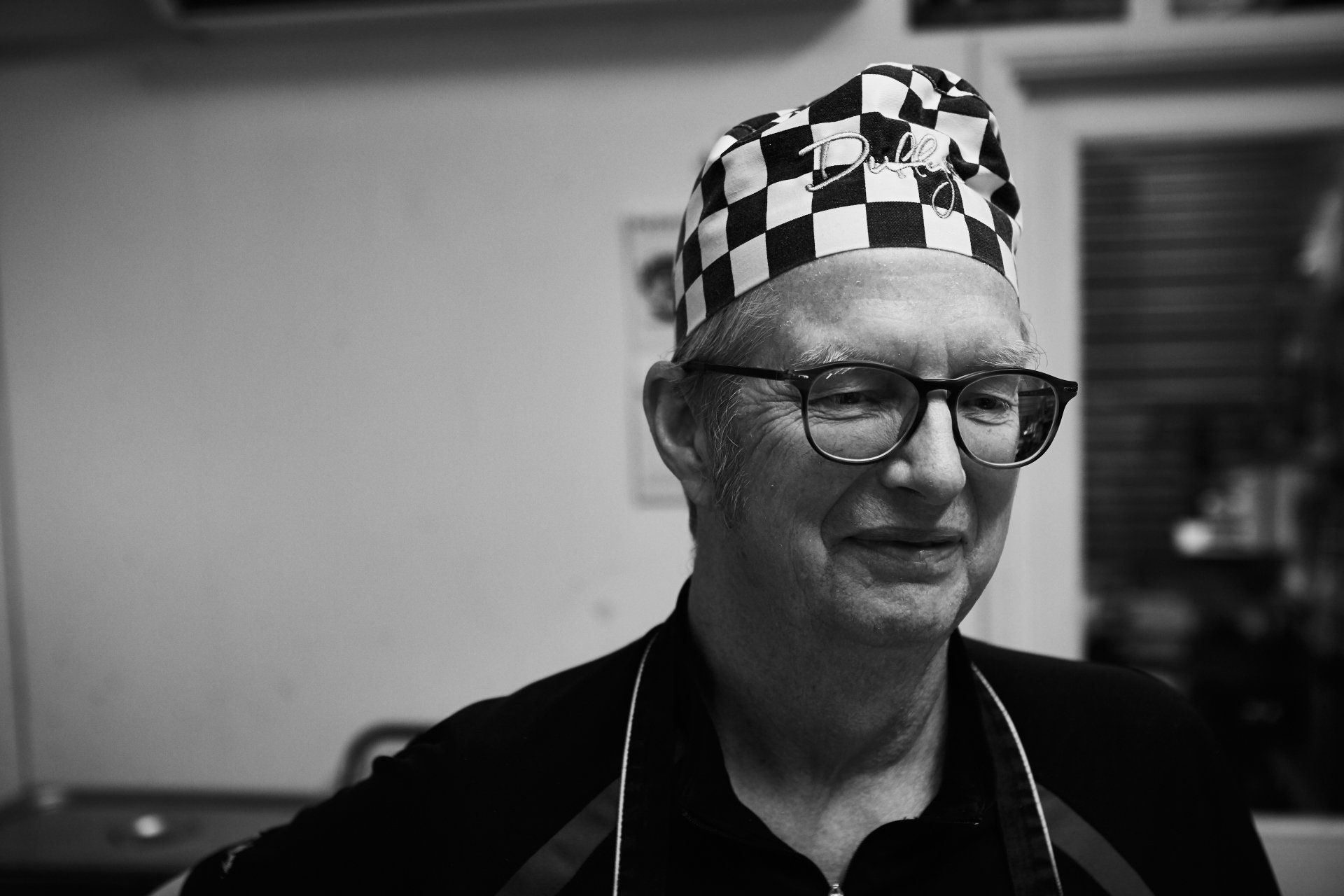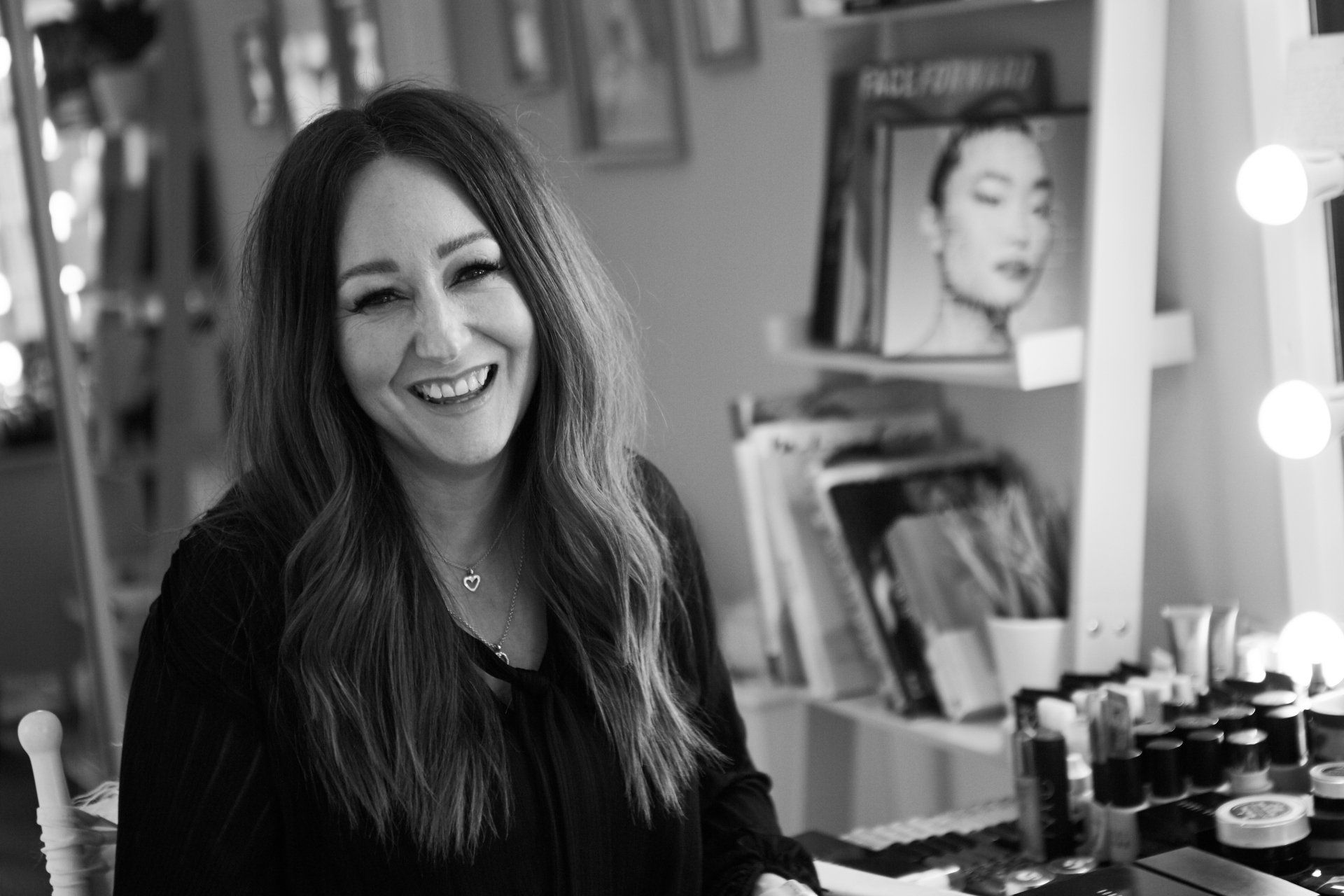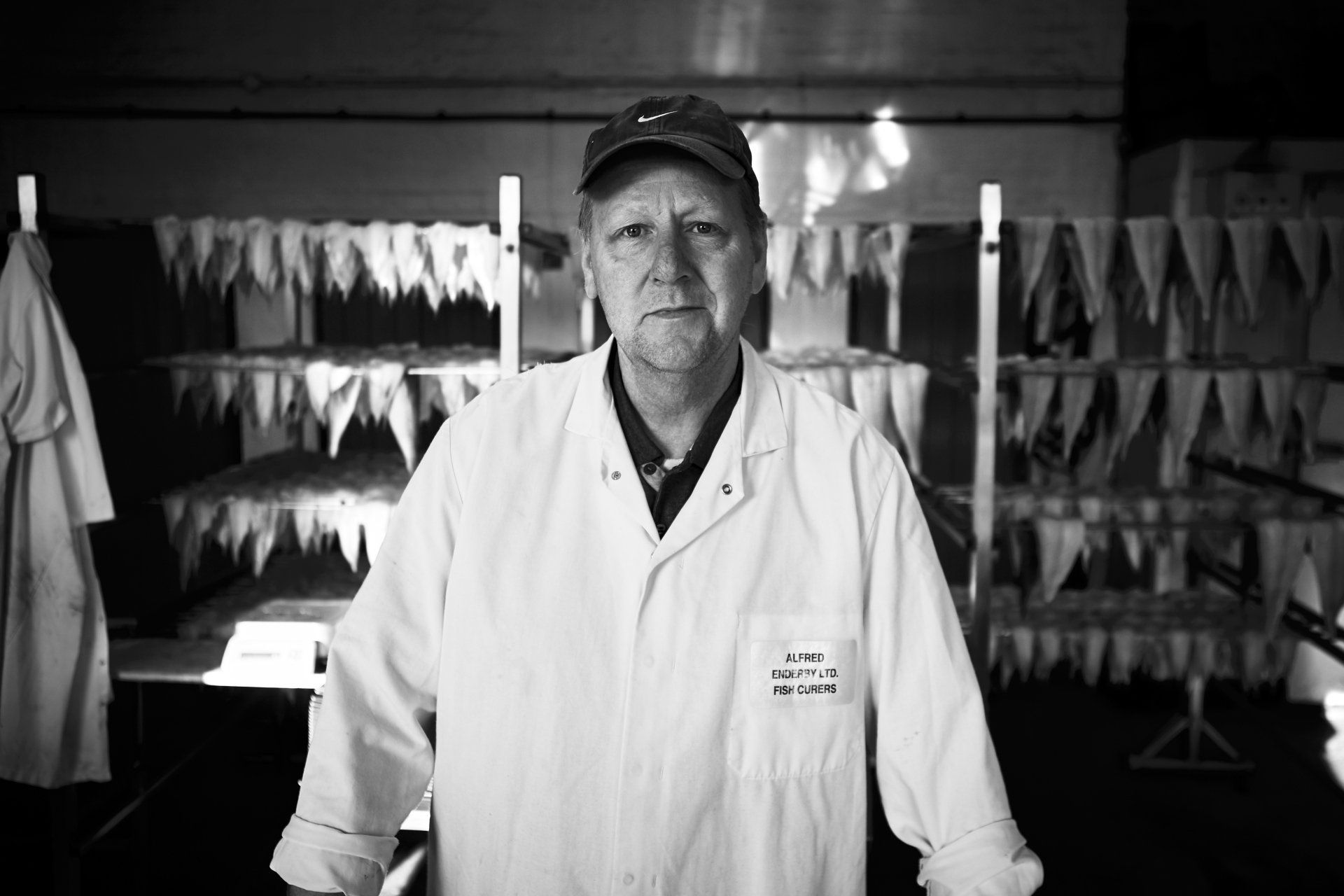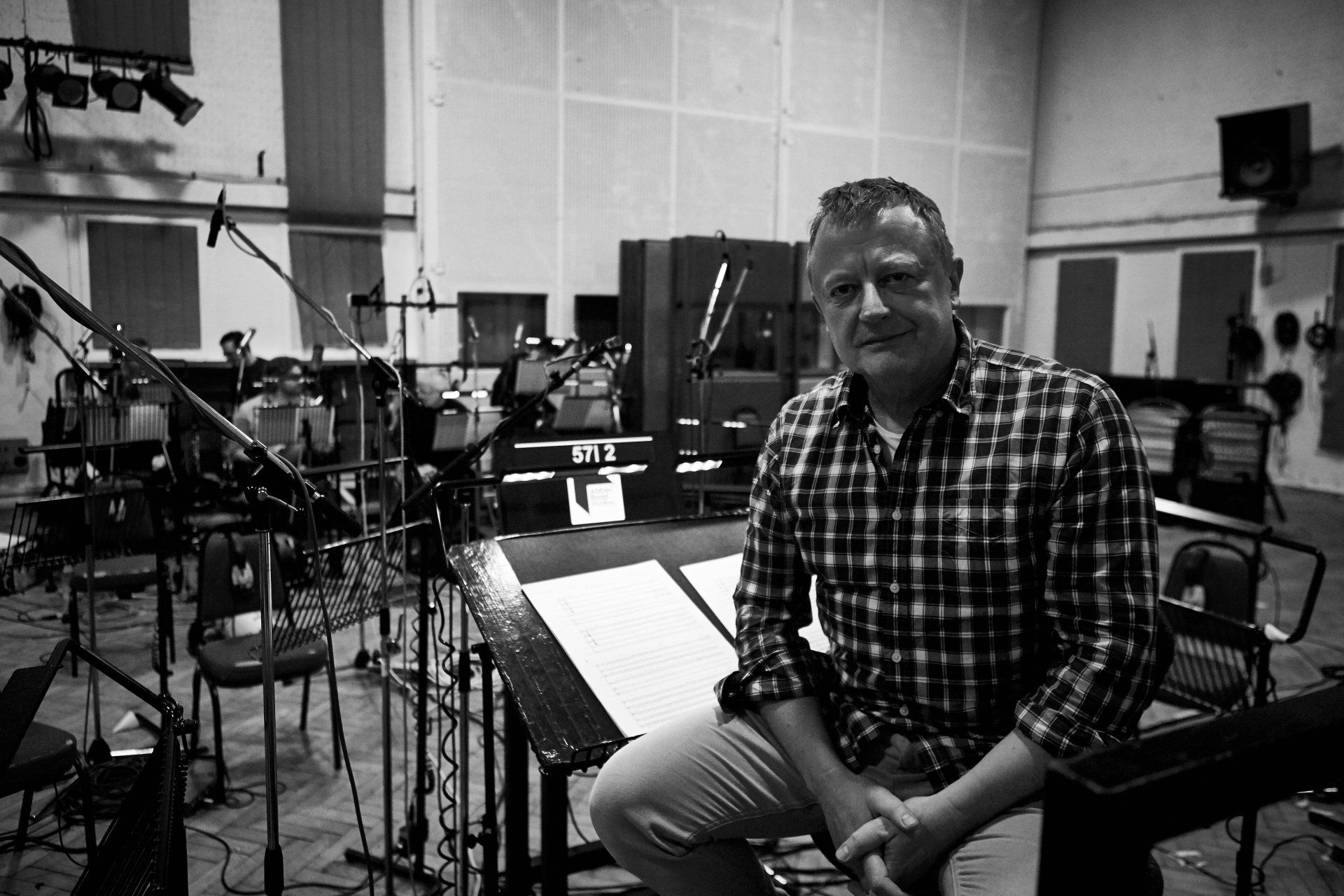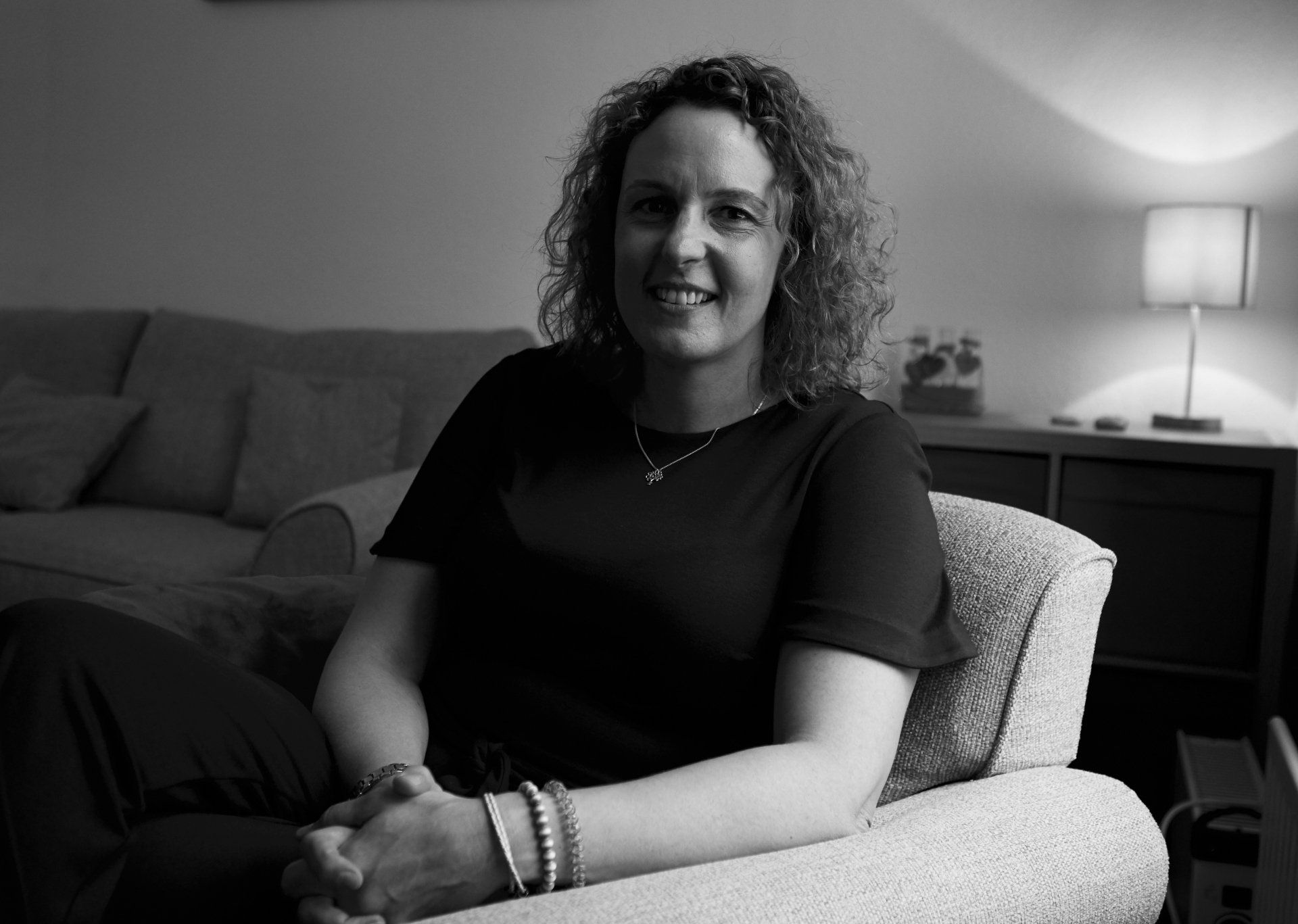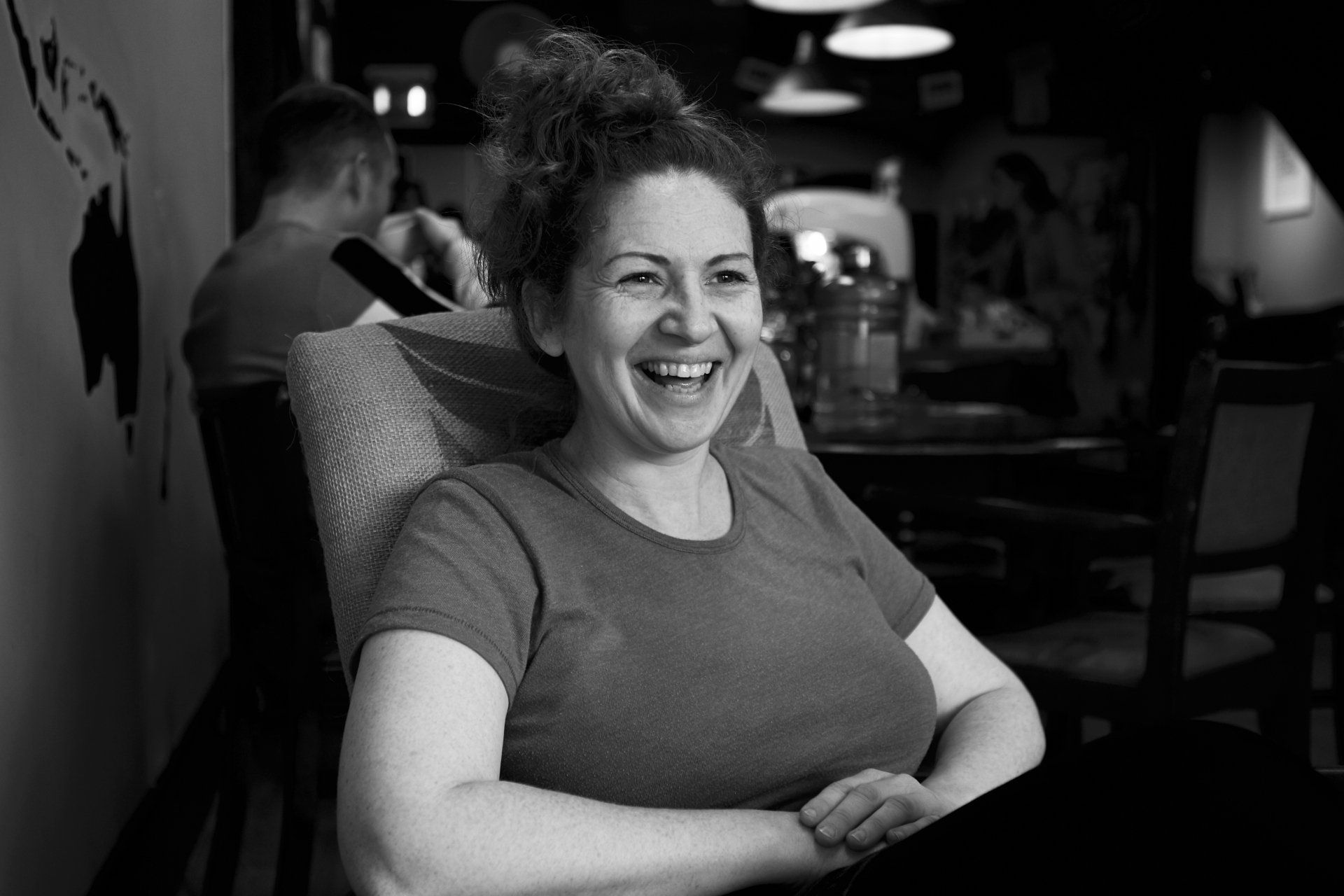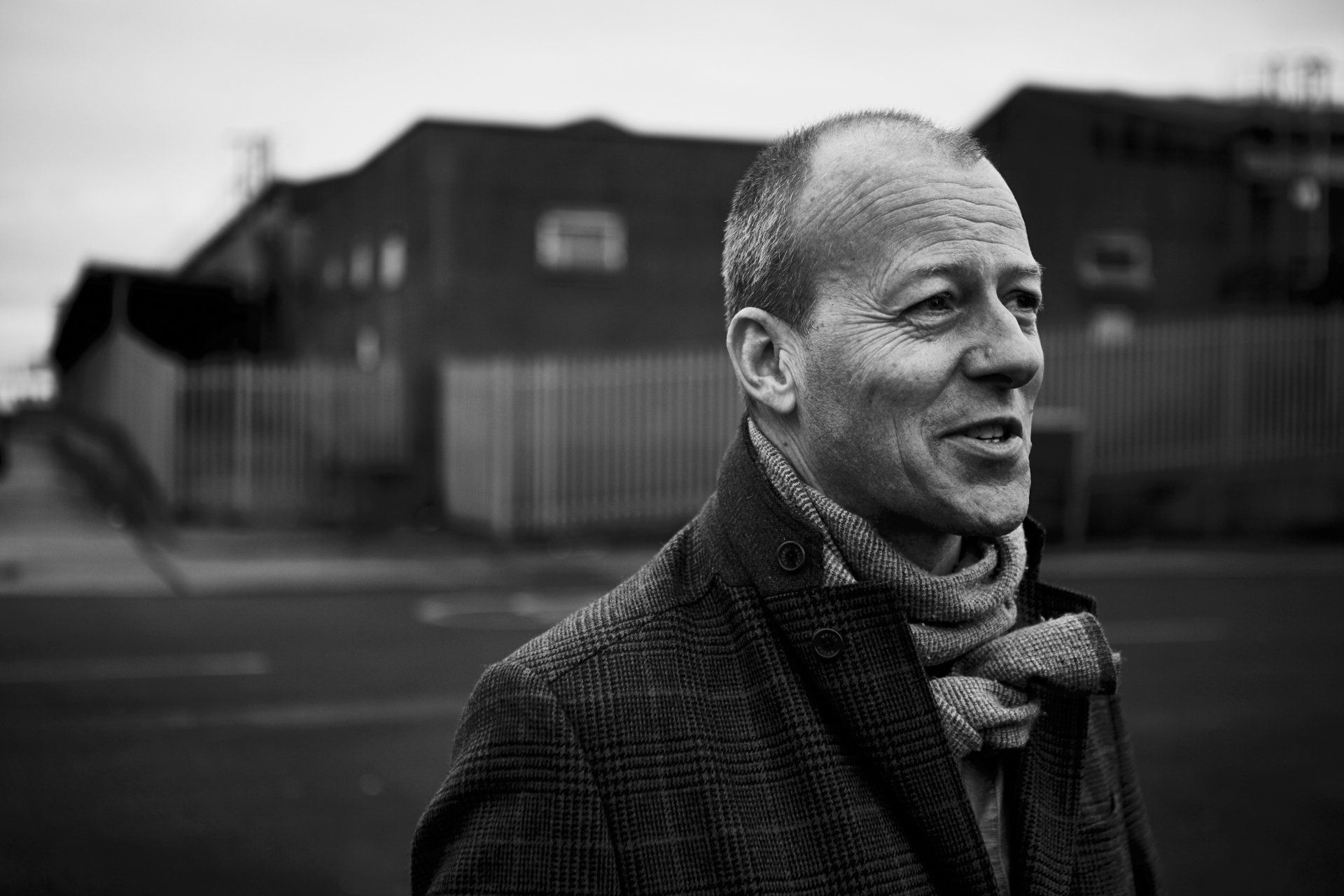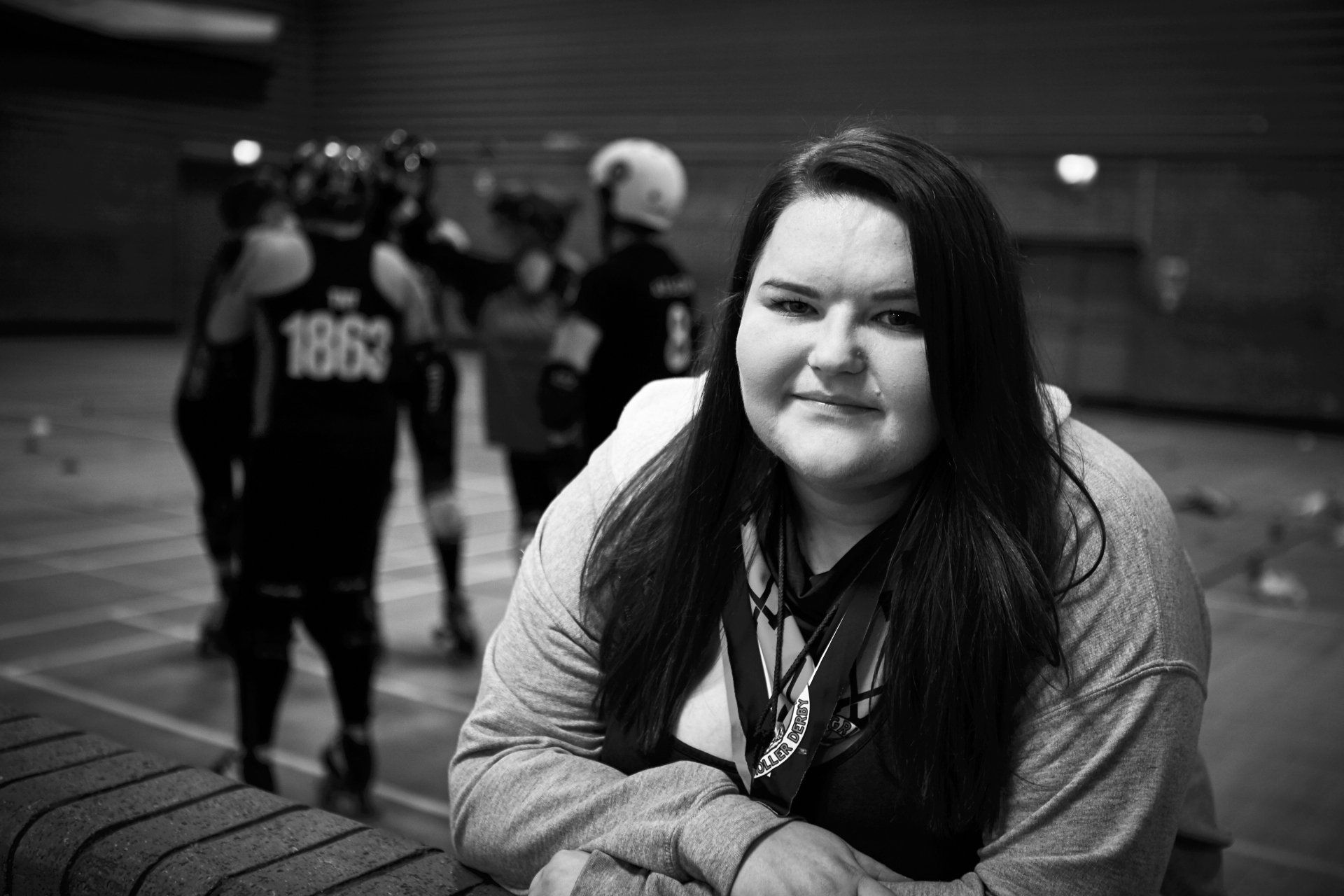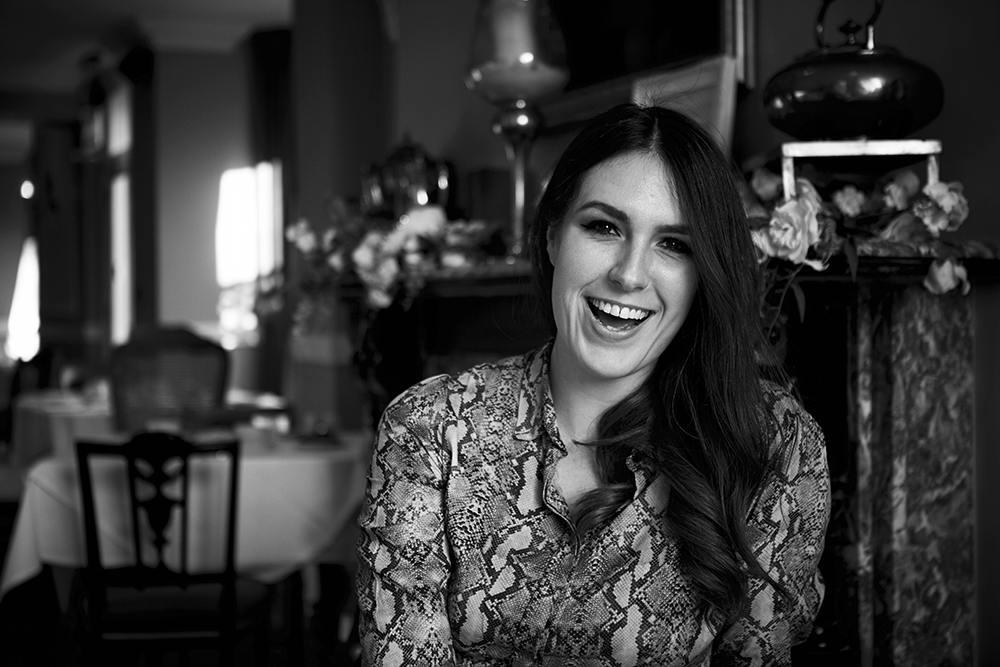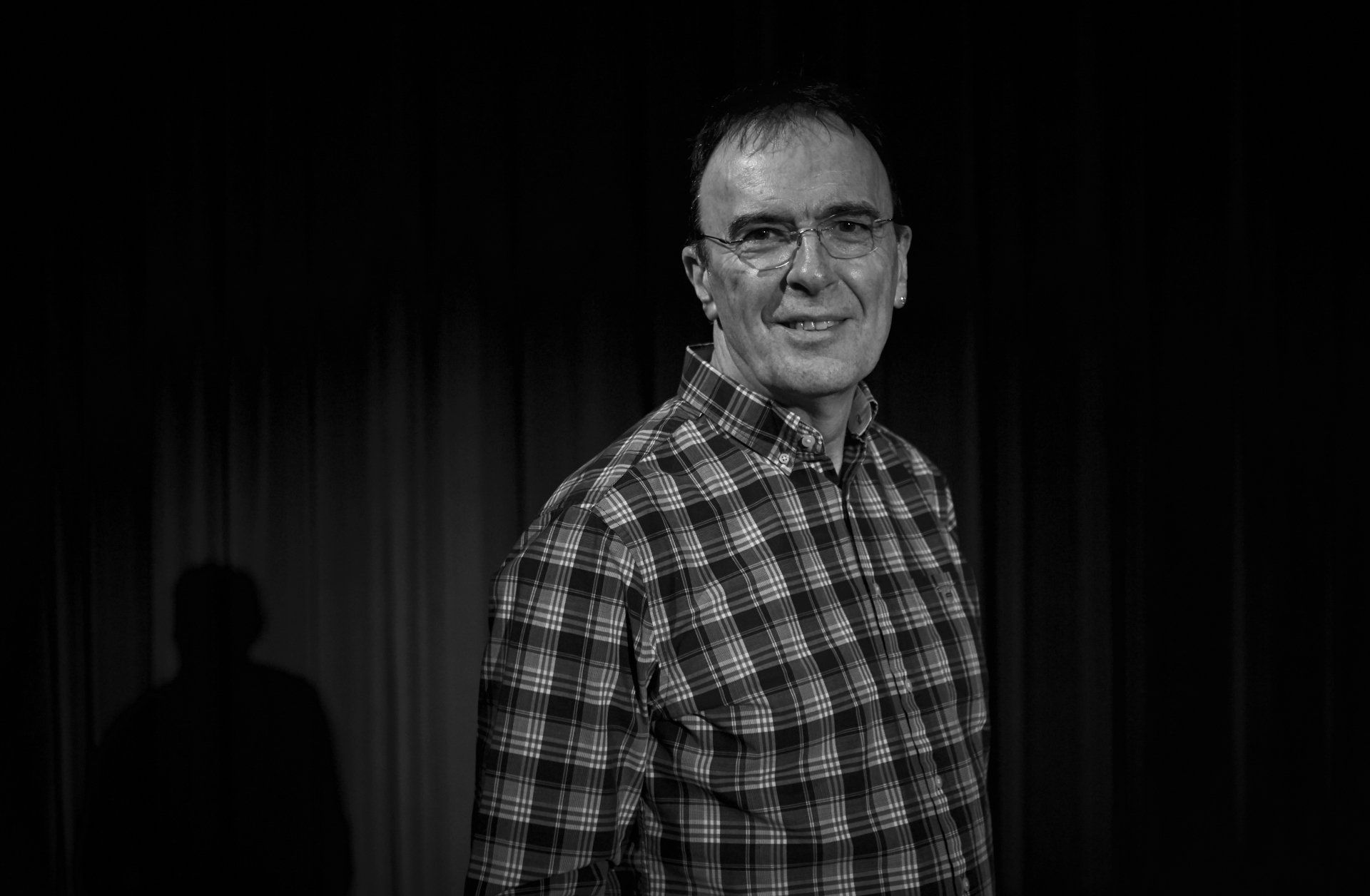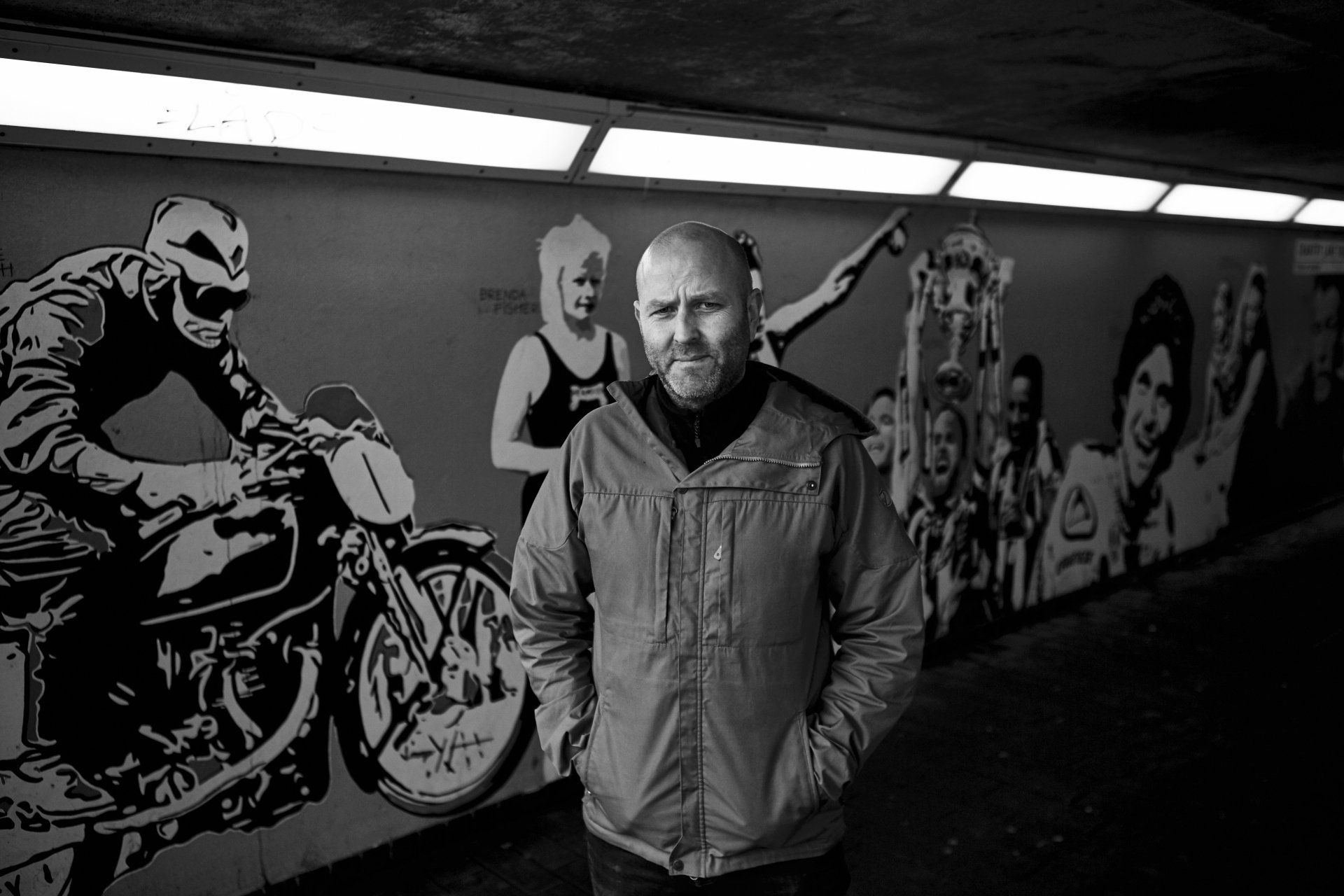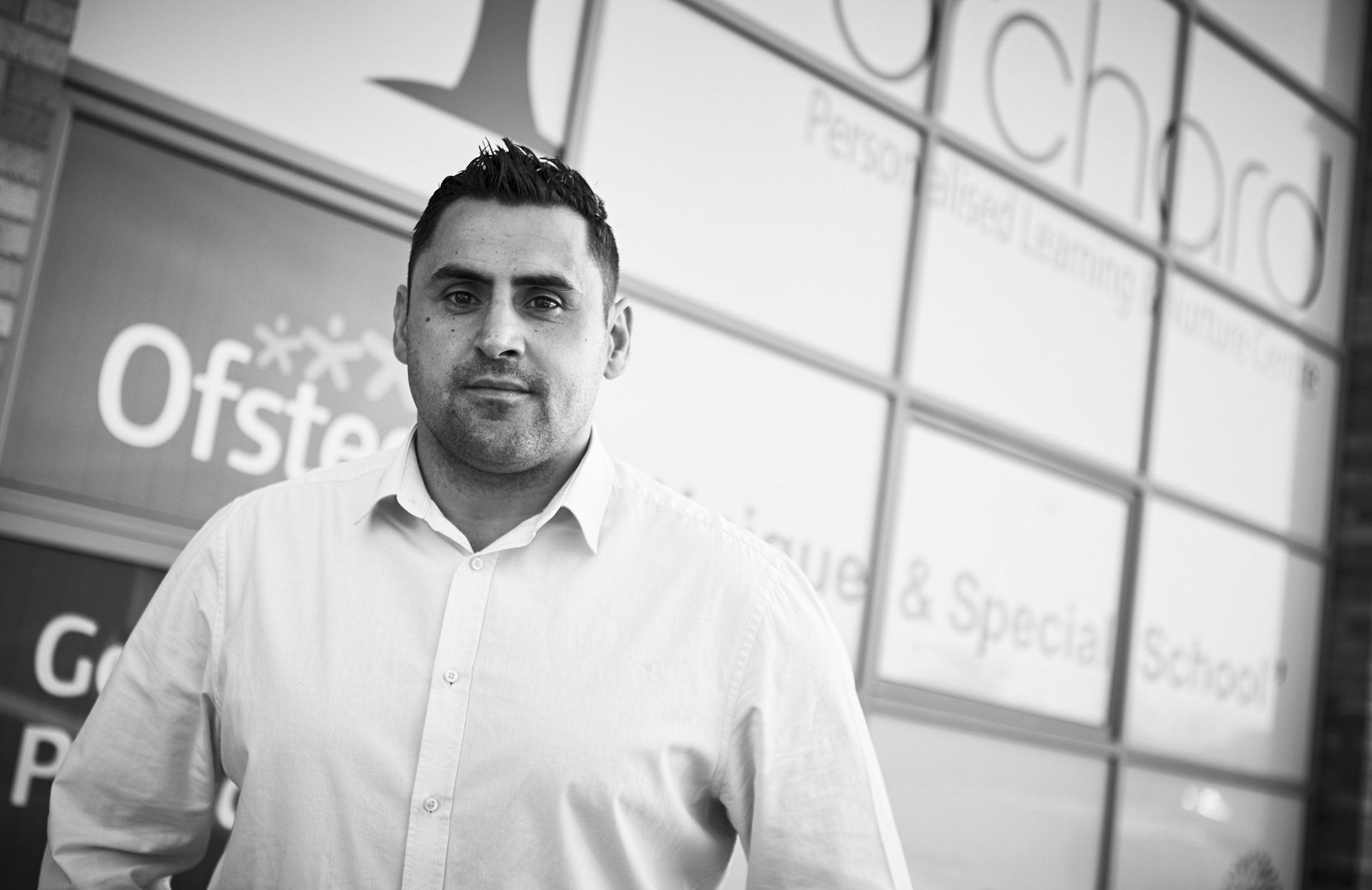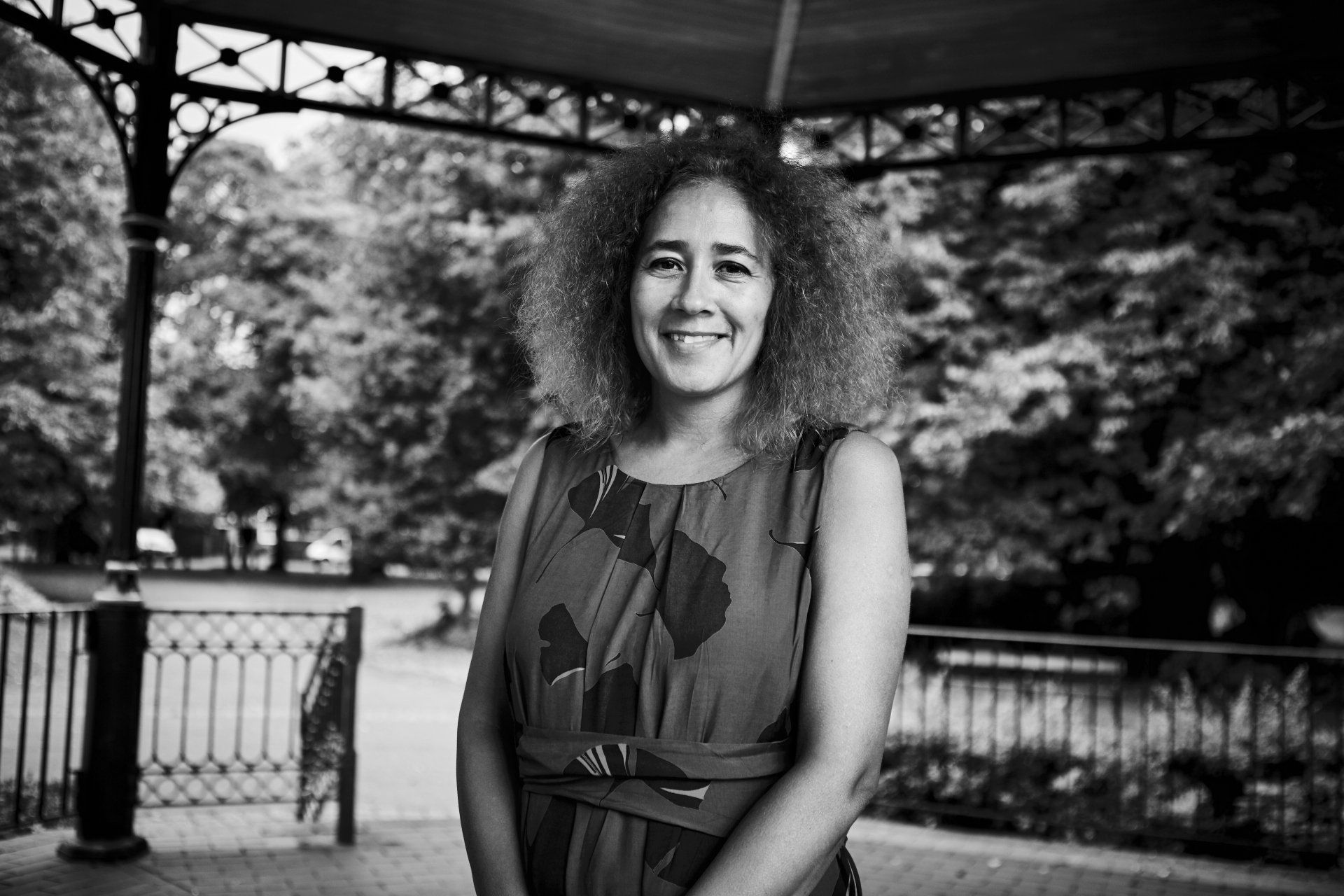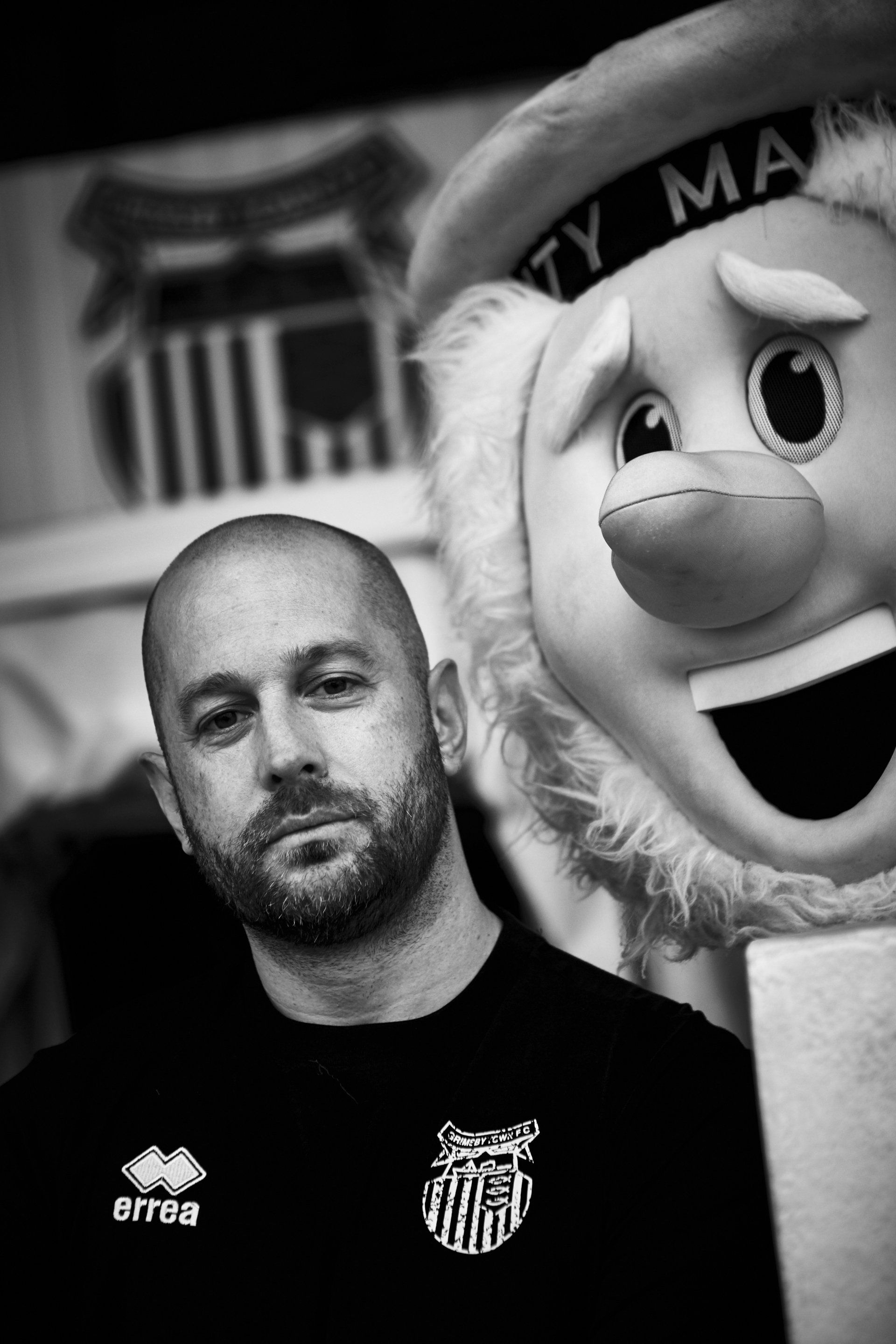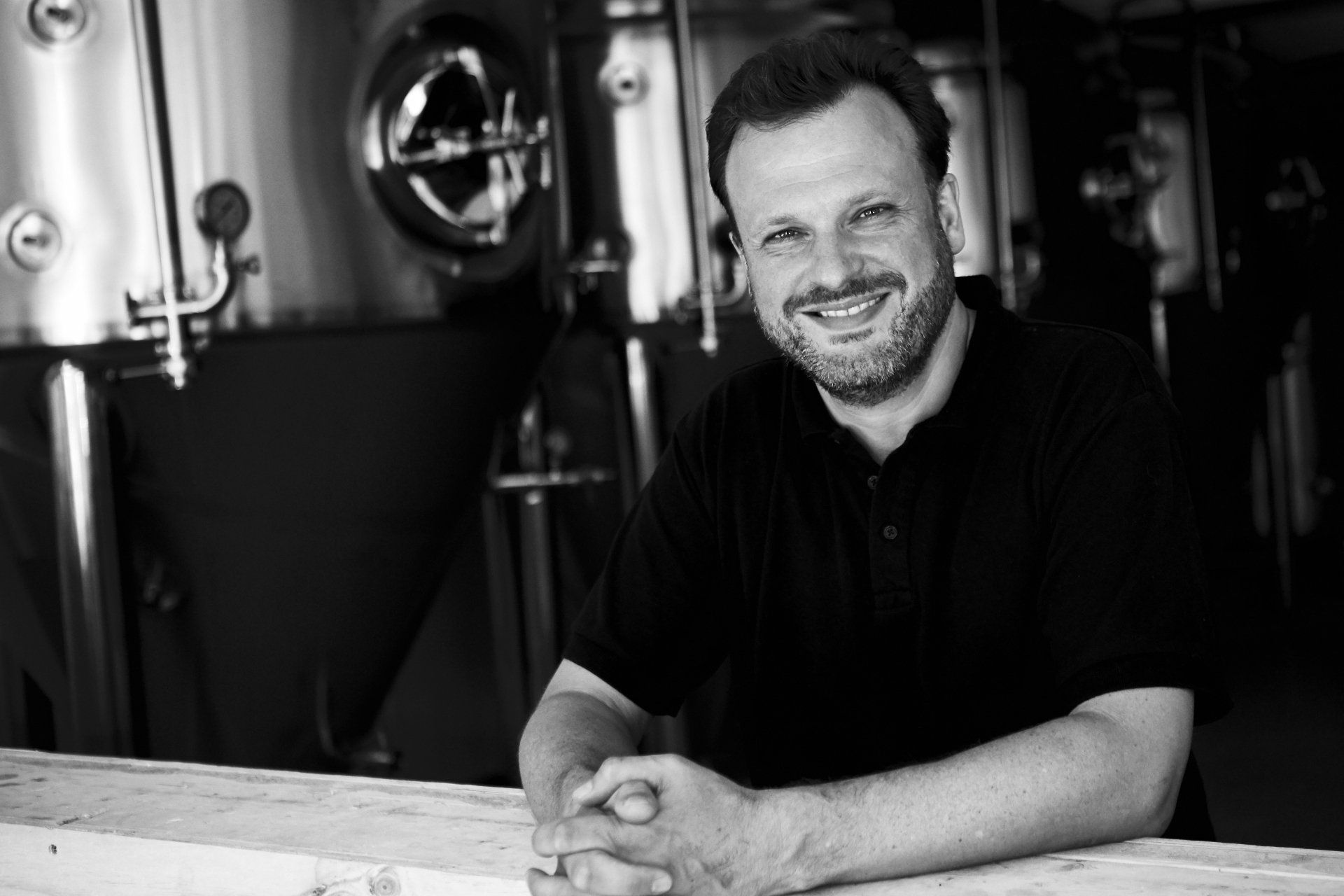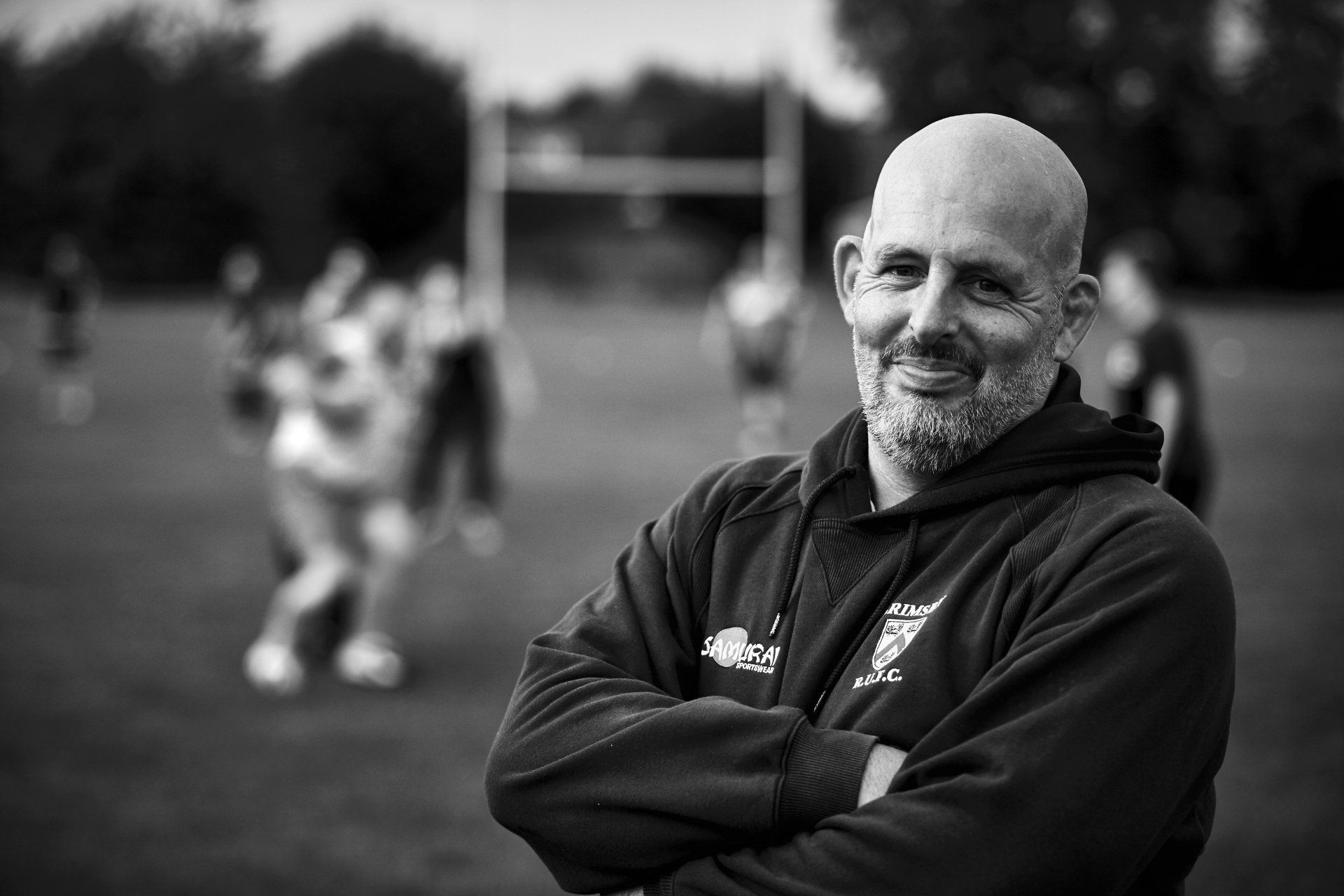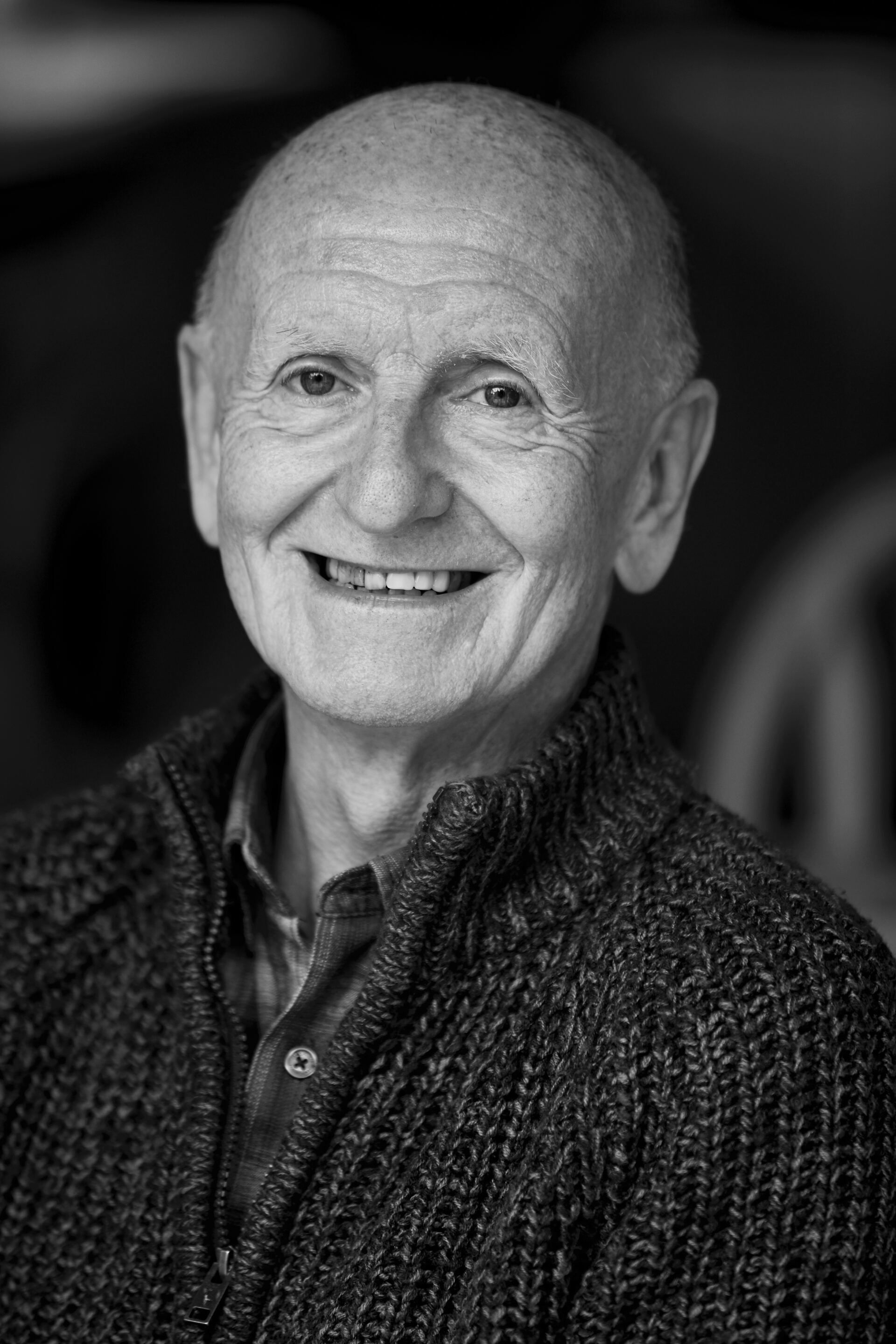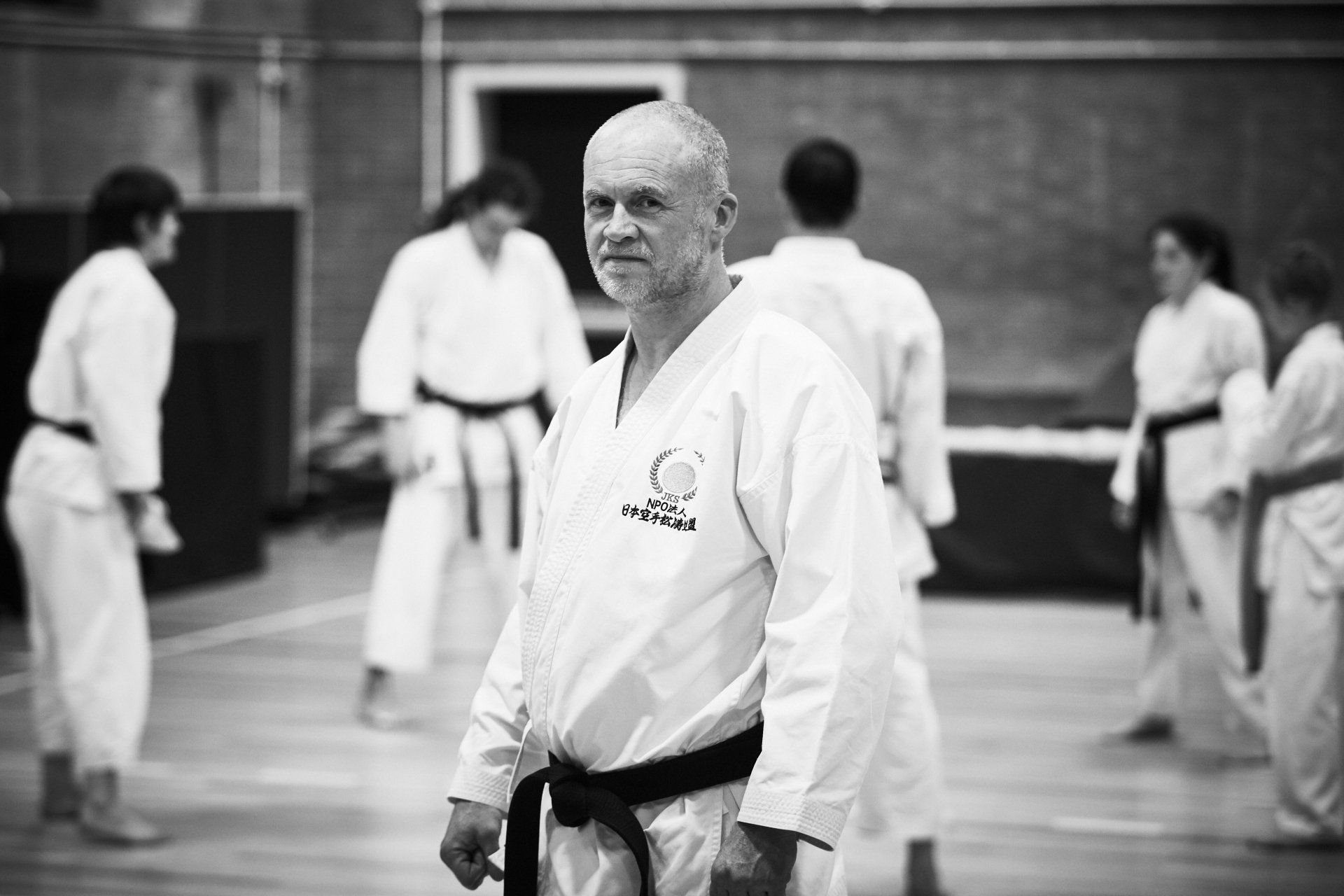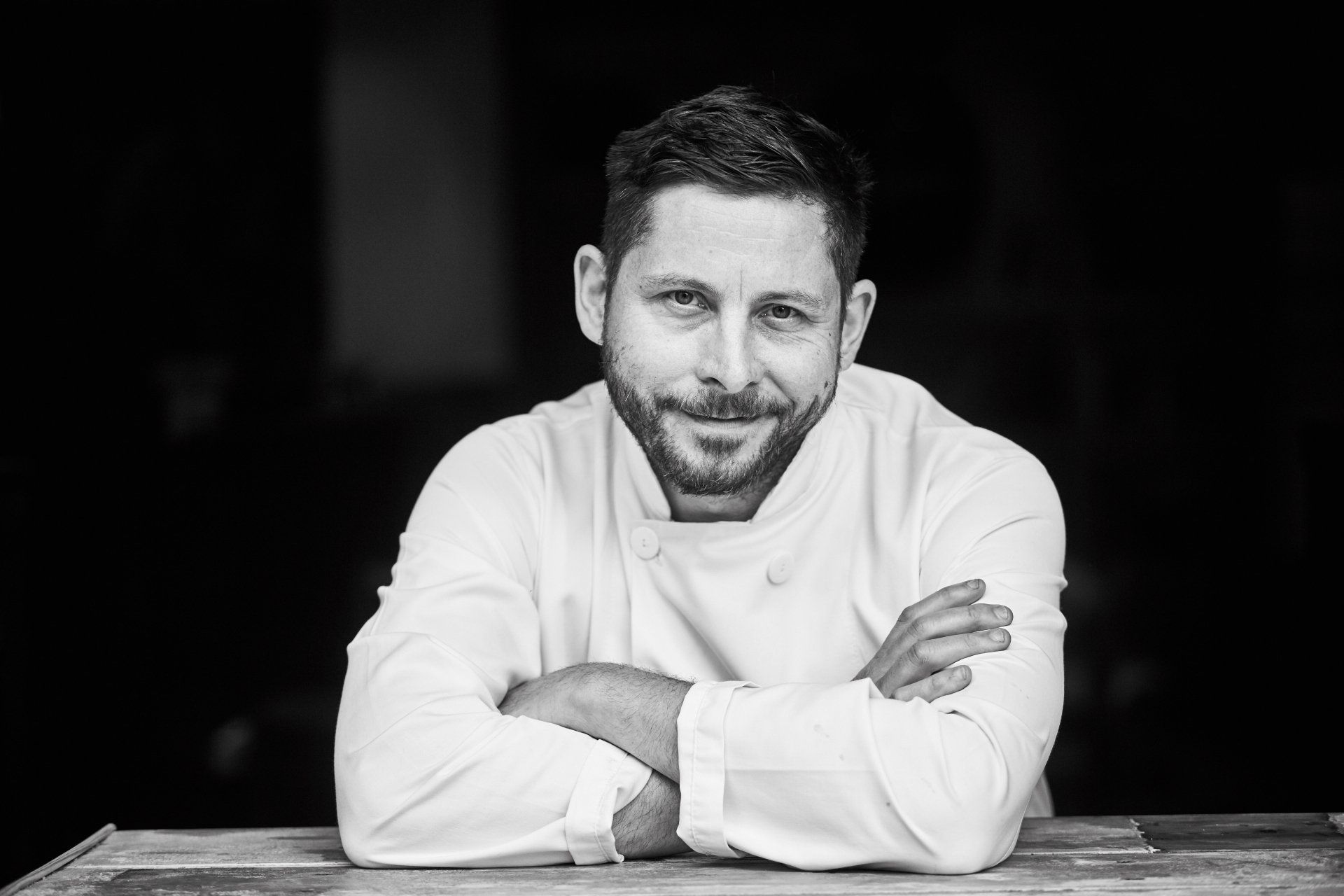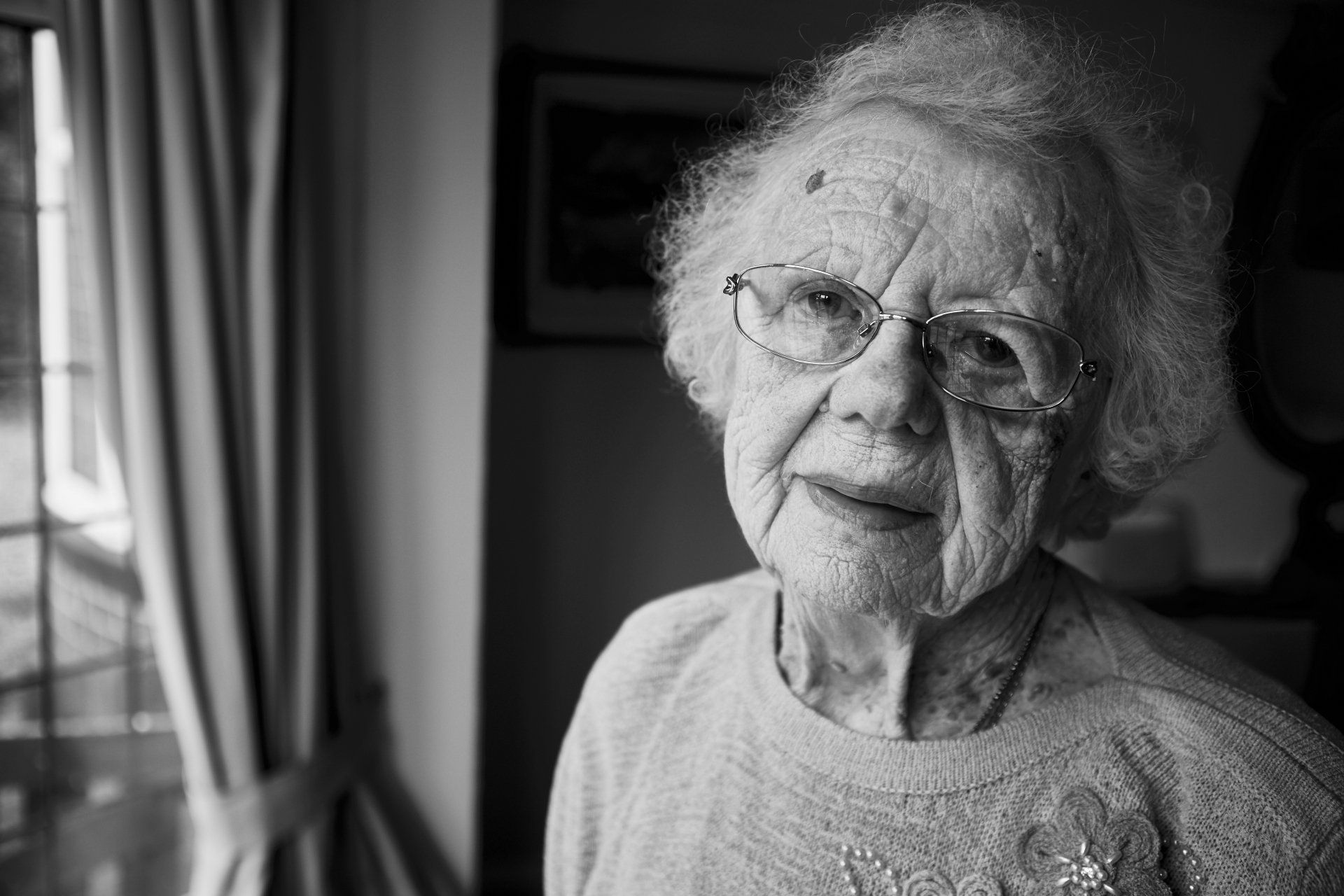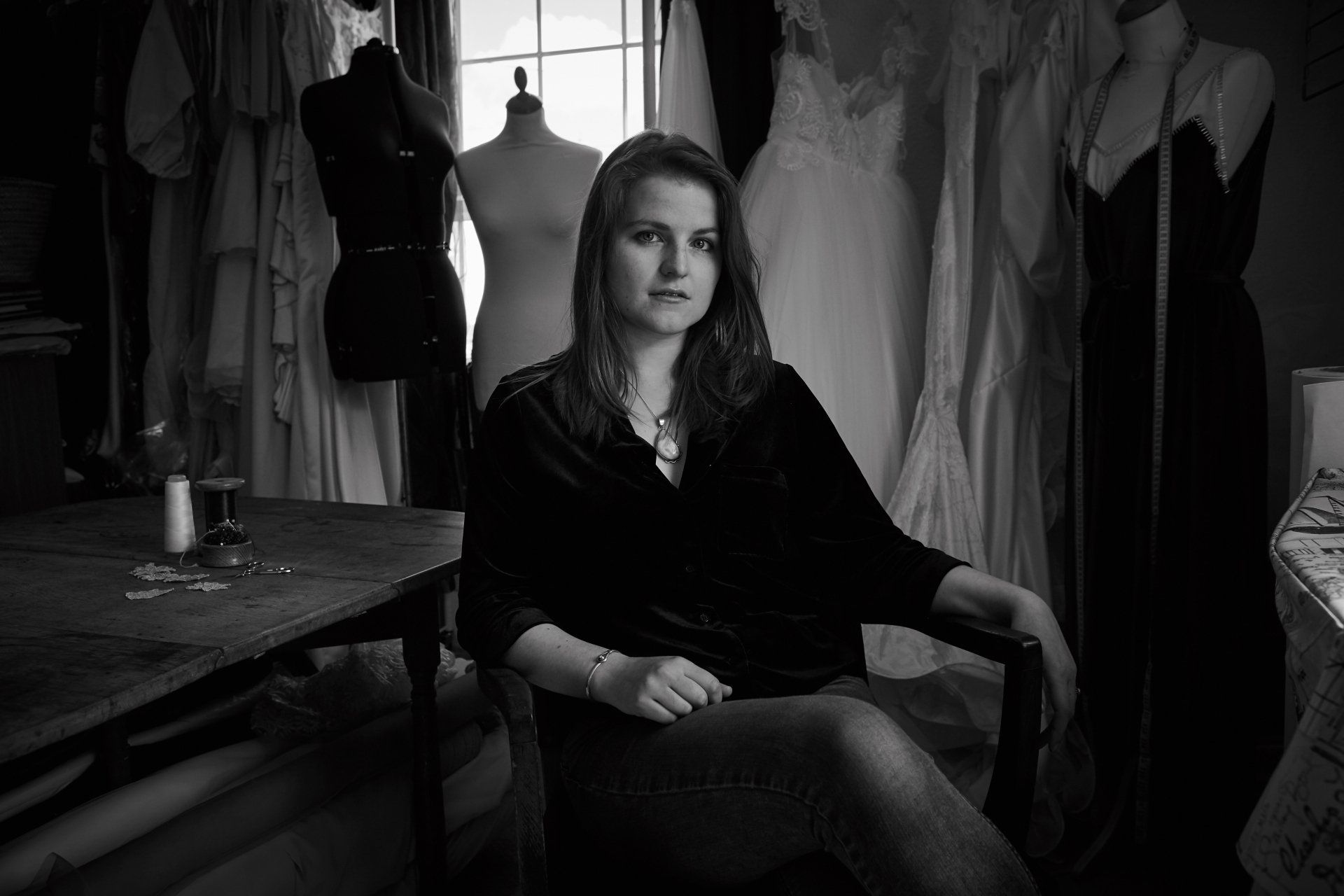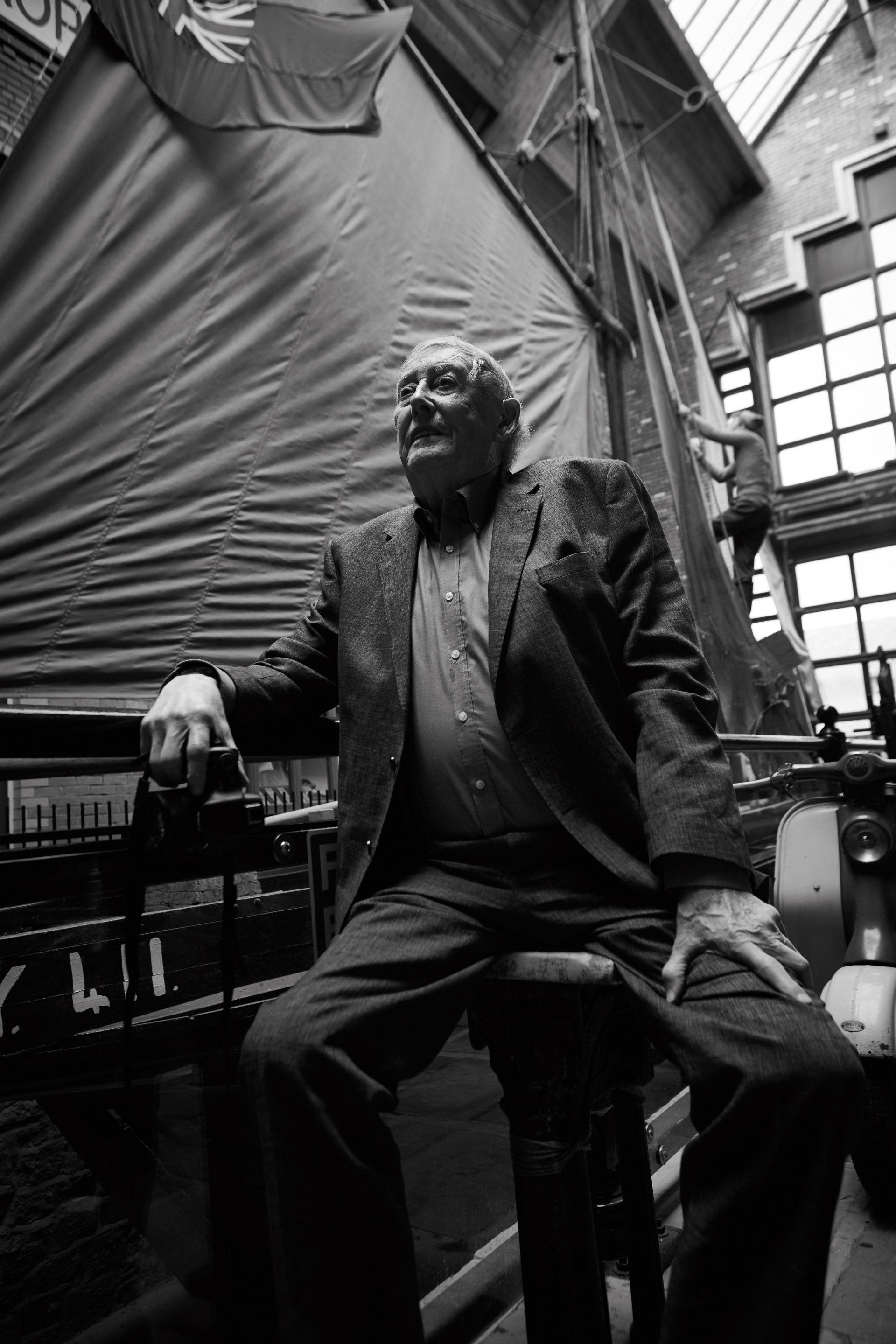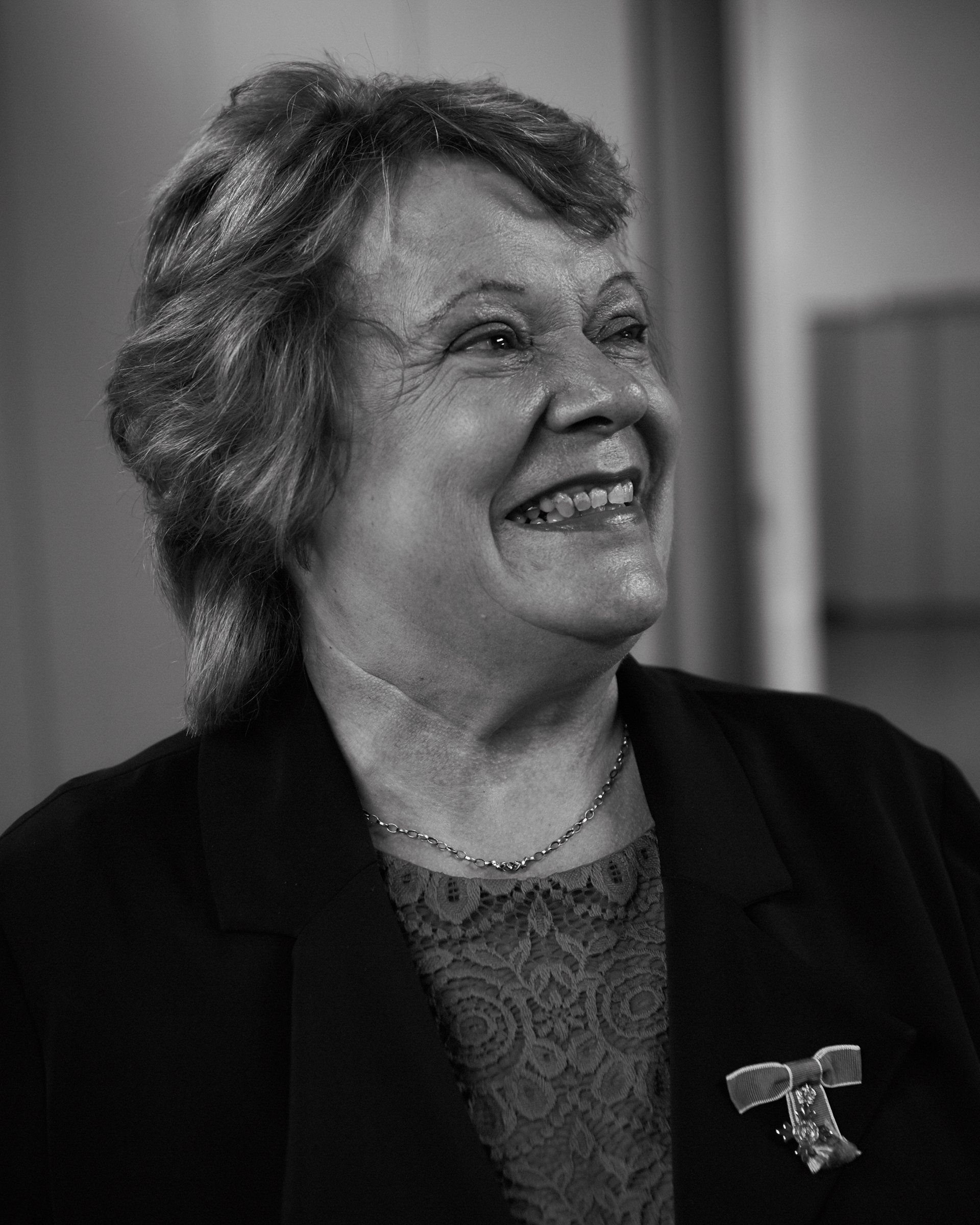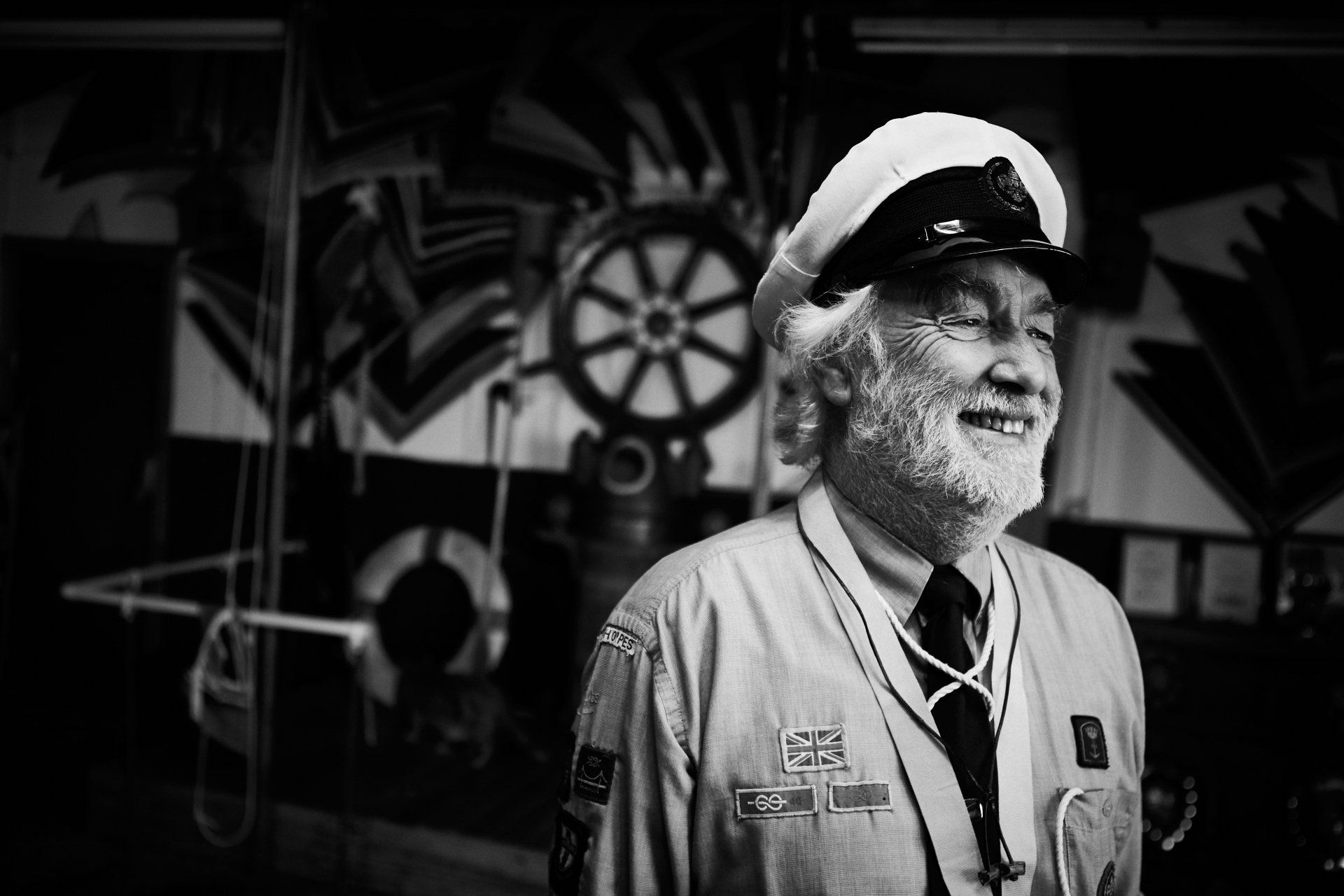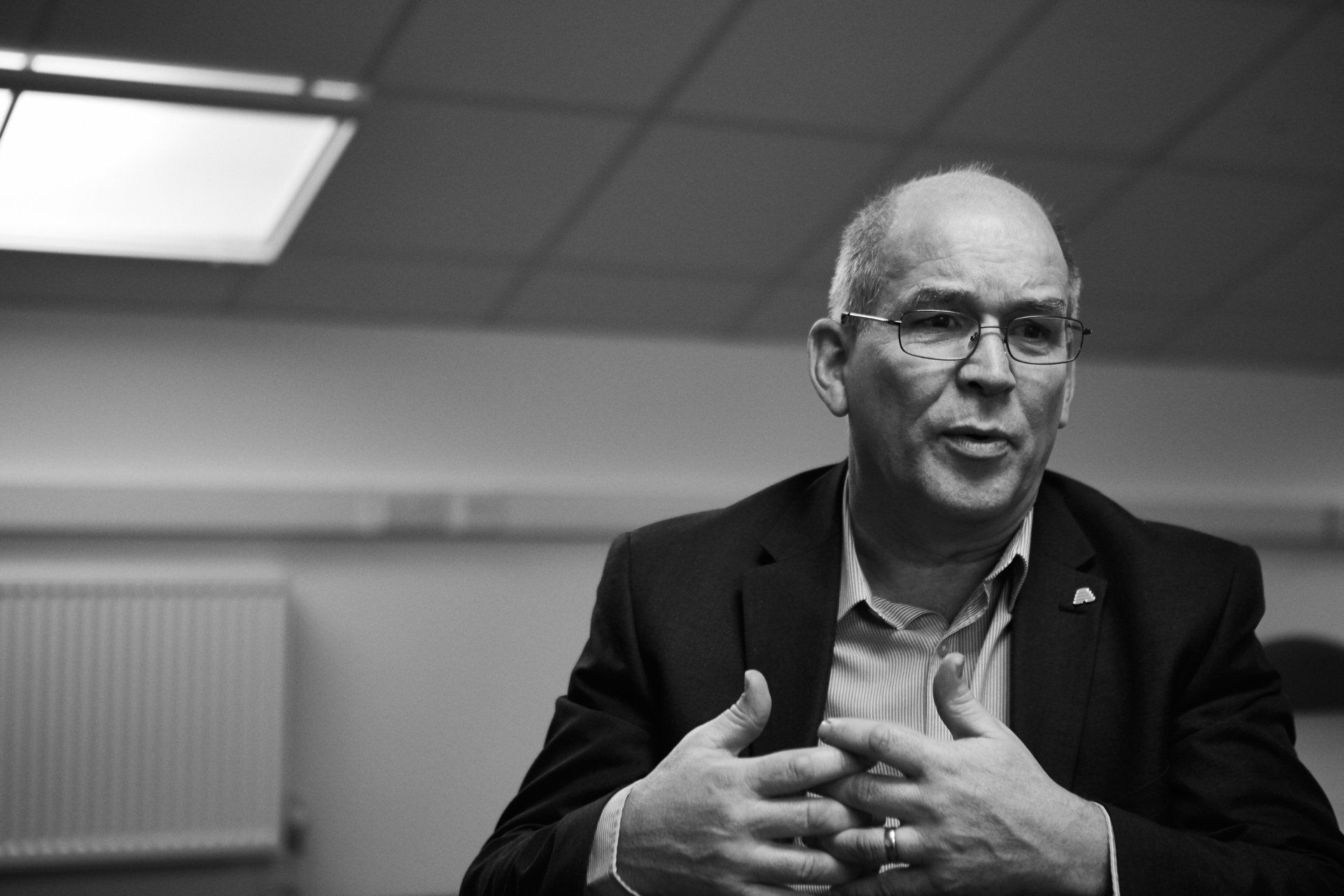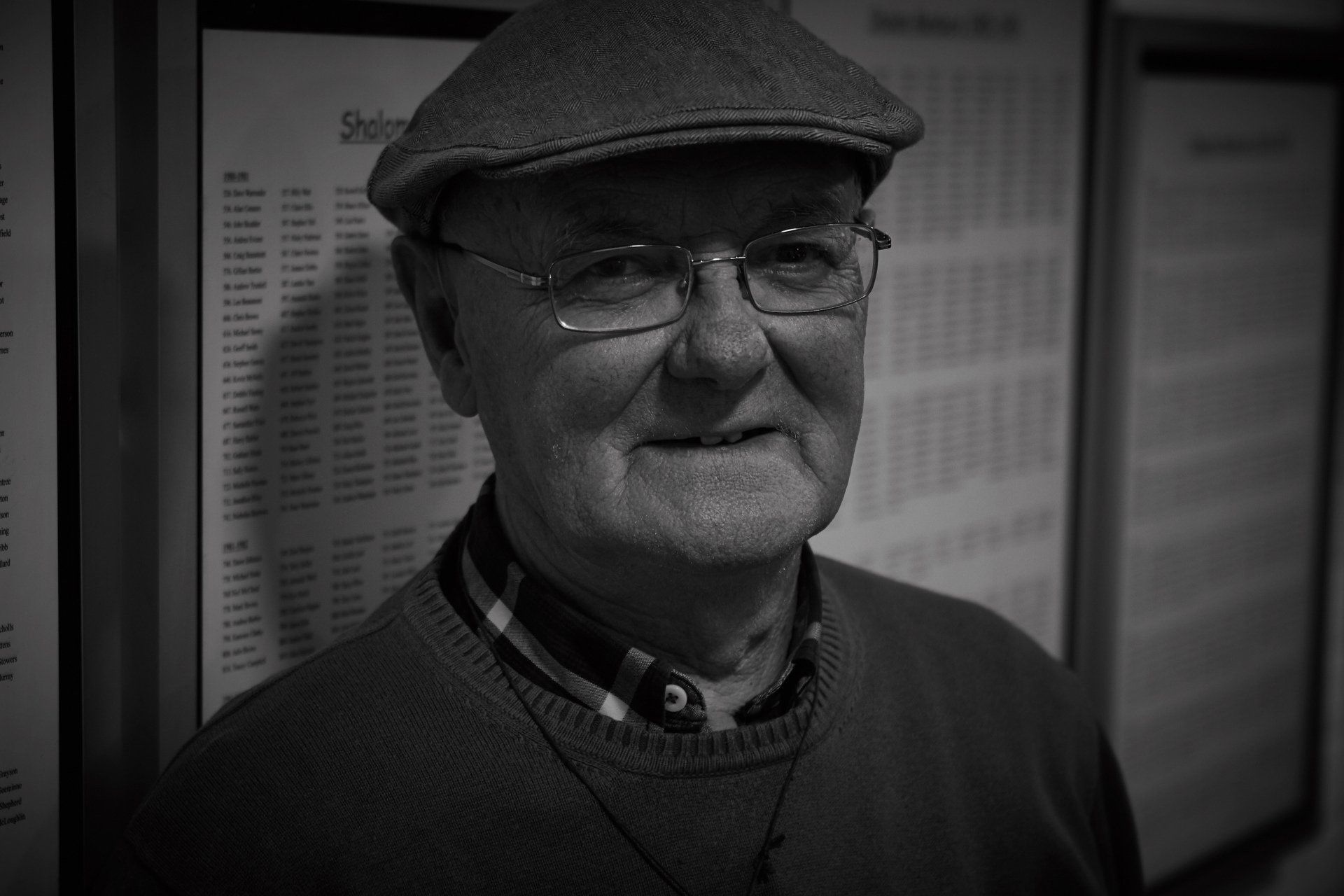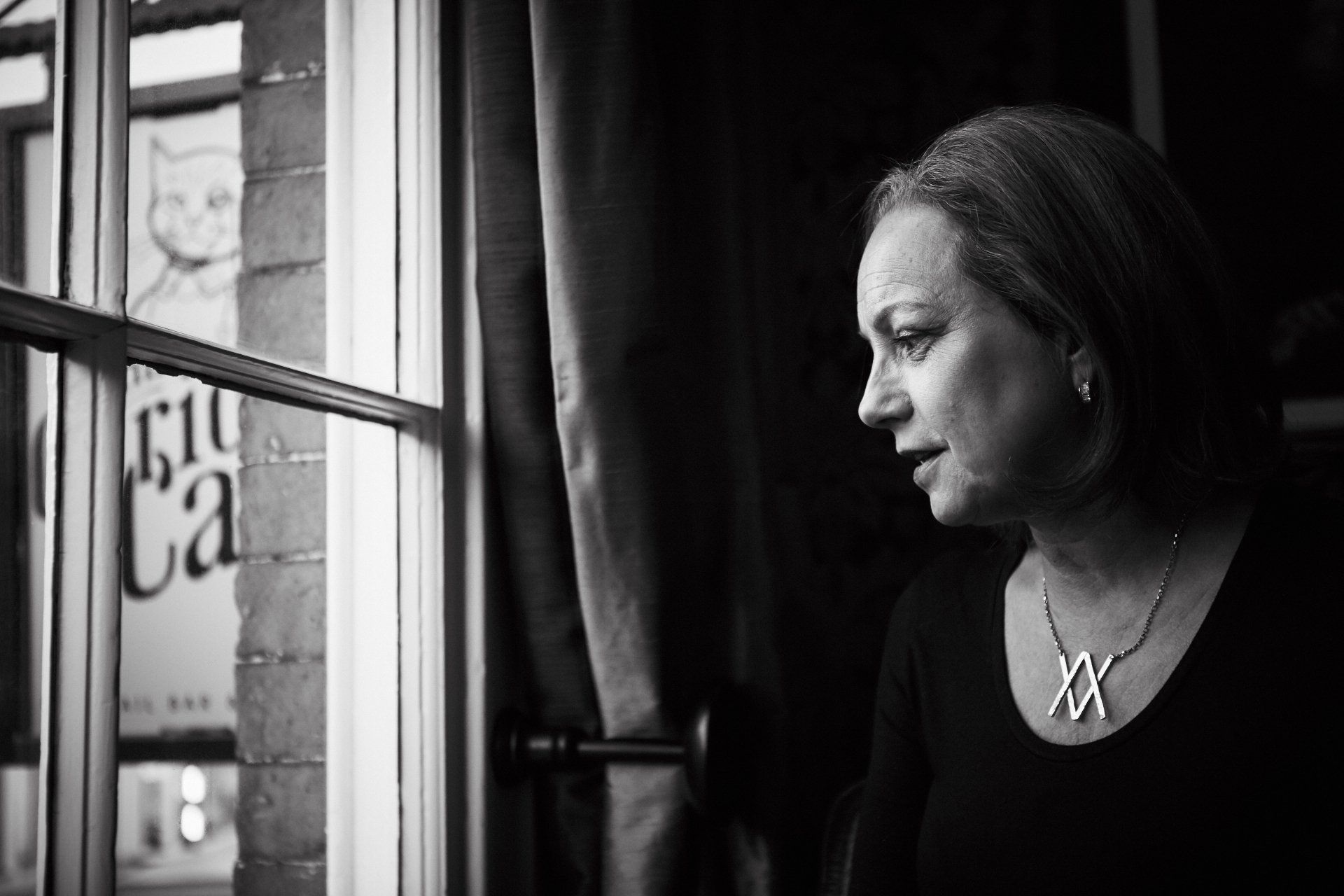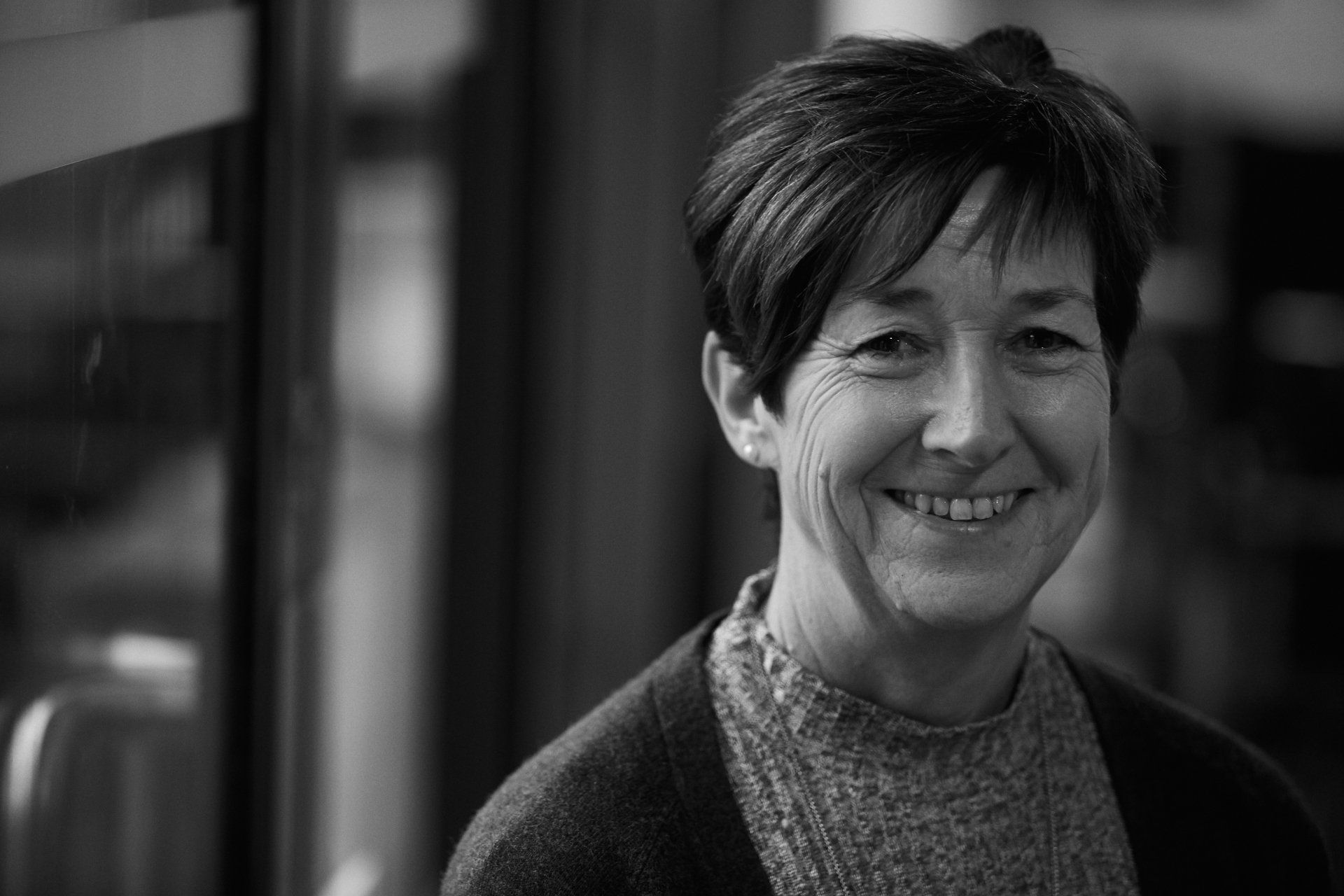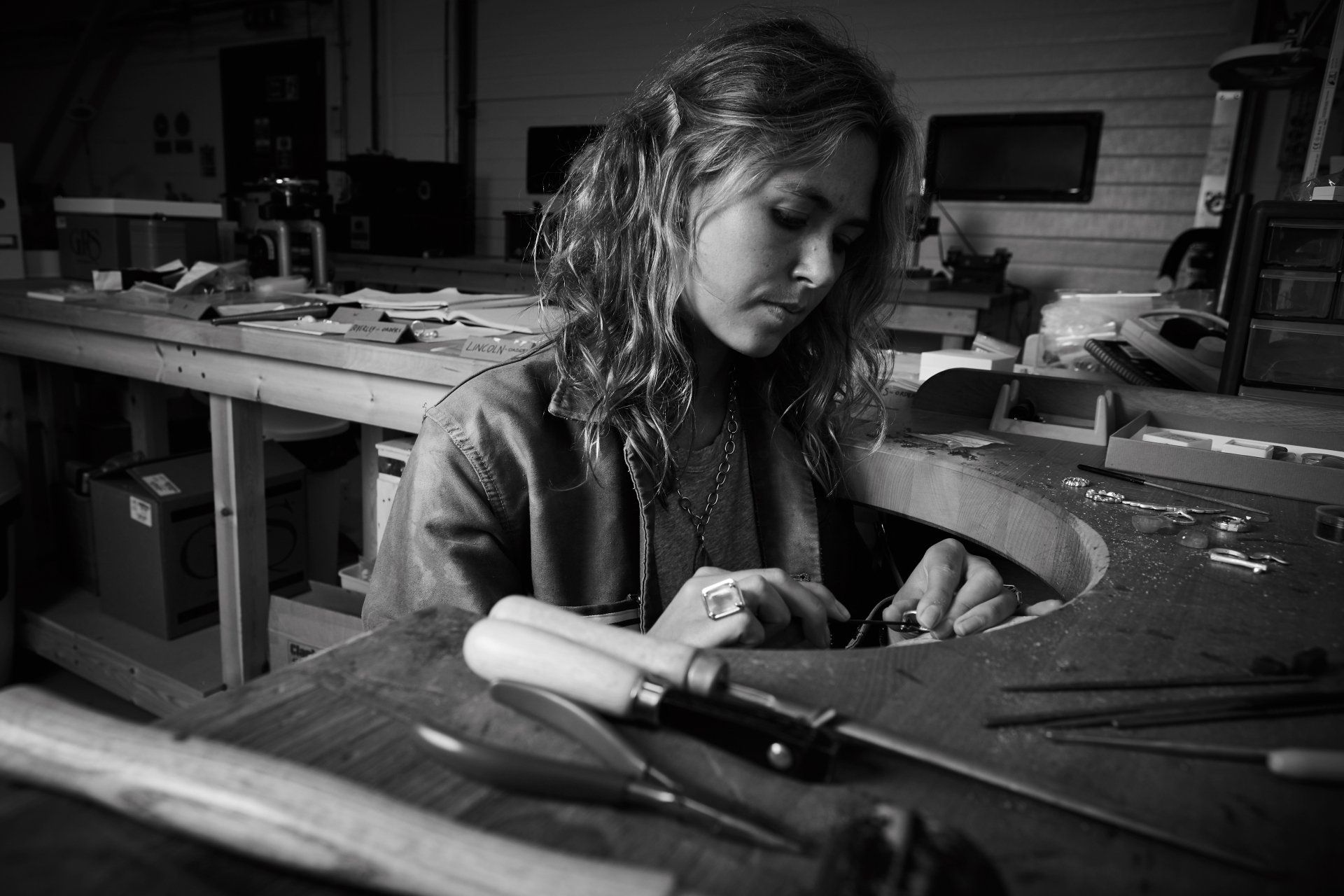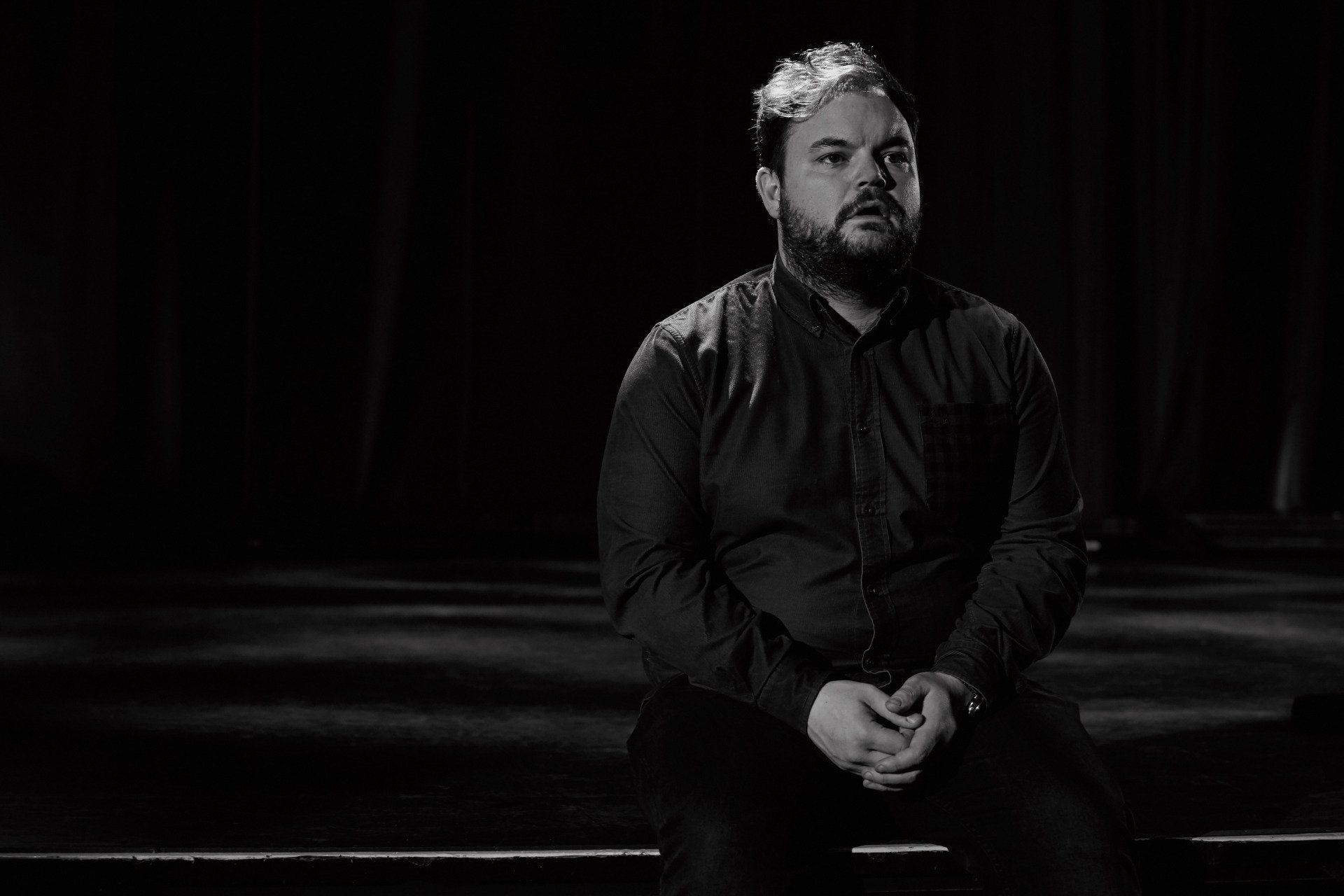.
Patrick Hawes has been described as “one of the country’s most popular and inspirational composers.”
Born in Grimsby, Patrick went to school in the Lincolnshire area, including Welhome Primary School, before heading to Durham University to read music as an organ scholar. Throughout his career, he has released albums that have been nominated for Classical Brit Awards and reached the number one spot in the classical charts, has been the Composer in Residence at Classic FM, and has been commissioned to write pieces of music, including ‘Highgrove Suite’ for HRH The Prince of Wales.
Recently, Patrick has written and recorded music for the official commemorations to mark the centenary of the First World War. ‘The Great War Symphony’, which was recorded with the Royal Philharmonic Orchestra, topped the classical charts and premiered at the Royal Albert Hall in London and New York’s Carnegie Hall. This portrait was taken at London’s Abbey Road Studios where Patrick has been recording his latest pieces.
What inspired you to read music and become a composer? And how did that lead to you becoming an organ scholar at university?
When I was growing up, my parents (who met at The Gaiety in Grimsby) were publicans and ran a very successful holiday pub. It had a huge function room where they held entertainment evenings. The miners came for their annual holiday and sang with the pub pianist, a man called George Marsden… like old fashioned karaoke! My dad sent me for lessons with George thinking I could then play the pub classics but, thanks to George’s classical training I also became hooked on Bach and Mozart.
I can remember composing my own music at the age of six and still have the manuscript book! I always knew I wanted to read music at university and was so fortunate to have Philip Ainsworth as my mentor and music teacher at De Aston School in Market Rasen. I learnt the organ relatively late – from my late teens onwards – but quickly gained enough skill to enable me to become organ scholar at St Chad’s College, Durham University.
What is it about classical music that brings communities (such as Grimsby) together?
There is so much classical music that calls for large forces and this enables choirs and orchestras to form, come together week-by-week in rehearsals and work towards a performance in all kinds of venues, from sports’ halls to cathedrals. Singing in a group has been proven to have so many health benefits, particularly mental health, and the social side of being in a choir really does bring people together with some making life-long friendships.
Do you have any words of advice for people in the Grimsby area who want to explore classical music?
My advice to people everywhere, is try classical music because it is not as unapproachable as you think. The term ‘classical music’ covers so many different styles and historical periods that there is something in there for everyone. So, you may find you prefer 21st century classical music to the 16th century Renaissance, or even if you don’t like Mozart, you may find you love Mendelssohn.


